Travelling via railway has always held a special allure for me. There is something magical and romantic about watching the world go by from the comfort of a train car. In 1988, my family traveled to Disneyland from Seattle on an Amtrak train – a trip which took a couple of days if I recall correctly. It was a fantastically exciting experience for an 11-year-old. I guess I have been fascinated by train travel ever since then.
When Daniel and I learned that we could travel by train along the same route as the historic Orient Express, we jumped at the chance. The Orient Express, of course, was made famous by Agatha Christie’s 1934 novel Murder on the Orient Express. In the story, well-heeled passengers travelling on the long-distance Orient Express find themselves caught in the middle of a criminal investigation when one of the other passengers is murdered. It’s a thrilling whodunit mystery, and ever since the book’s publication the Orient Express has become synonymous with luxury and intrigue.
The Orient Express was actually not one single train but a railway service that ran along several different routes over the years. Originally created in 1883, the Orient Express typically ran from Paris to Istanbul, although other endpoints have included London (home of the fabulous Queen’s Walk), Calais, Bucharest, and Athens. While the Orient Express ceased to operate in 2009 and the route officially disappeared from European railway timetables, trains still regularly travel along the same tracks. It is possible to piece together a journey along the same route using other trains.
(Note: there is one remaining train today that goes by the name Orient Express. It is a fancy private train called the Venice-Simplon Orient Express that runs from Venice to London. Trips start at £2200 per person – that’s $2876 USD).
And that is how Daniel and I found ourselves travelling from Belgrade to Sofia along the same route that the passengers in Agatha Christie’s Murder on the Orient Express undoubtedly would have taken. Since we were travelling in the off season, it meant that there was no direct train and we had to travel on three separate trains. It was possible to undertake this journey in a single day but it sounded exhausting so we decided to break it up over two days.
We also traveled by train on the next leg of our trip, from Sofia to Bucharest. While this particular route wasn’t *exactly* the one used by the Orient Express in its illustrious history (not that I could find anyway), I decided to include that adventure in this blog post too. It helps to demonstrate what train travel is like during the off season during this part of Eastern Europe.
Because, let me tell you, there is nothing express about this route.
Part 1: Belgrade, Serbia to Niš, Serbia
Tuesday, December 17 from 1:16 pm to 7:04 pm
Travel Time: 5 hours 48 minutes
During our visit to Belgrade, Daniel and I dropped by the Belgrade Center Railway Station to buy tickets for our trip to Sofia. Belgrade’s new central train station (also called Beograd Centar or “Prokopâ€) looks like an empty lot at first glance, but eventually we found stairs which led to the train platform and ticket offices below ground. At first, we had some difficulty communicating with the international ticket agent who insisted that no trains ran this time of year from Belgrade to Sofia. Thankfully, I had done some advance research (thanks, Man in Seat 61 web site!) and validated current train times on the Serbia Railways web site. Eventually she confirmed that we could break up the trip across 3 sections and sold us a ticket for the first leg of the trip to NiÅ¡.
I didn’t take a lot of pictures along this section of the trip as both Daniel and I were feeling a little tired and run down. But what I do remember is that it was SLOW. The train stopped at every single little town along the entire route. But the train was nice and the seats were comfortable and we weren’t in a particular hurry.
A note about train bathrooms: all the train bathrooms on our trip from Belgrade to Bucharest were rather the worse for wear and most didn’t have toilet paper or running water. Personally, I’ll take a gross bathroom over no bathroom at all and I always travel with my own toilet paper. So it’s not a deal breaker for me. I could literally see the train tracks going by underneath the toilet, which was a little disconcerting the first time I traveled by train, but I got used to it.
When we arrived at NiÅ¡, we found it to be a lot bigger than we expected. I hadn’t realized that NiÅ¡ is Serbia’s third largest city. It’s a big college town and the pedestrian area in the city center was filled with young people when we arrived. After dinner at a traditional Serbian place, we wandered over to the NiÅ¡ Fortress for a bit before calling it an evening. On the advice of The Man from Seat 61, we had booked a room at the Vila Nova Hotel which is inexpensive and nice in a non-fussy sort of way. The only downside to our visit was the high level of air pollution – it smelled like smoke from a tire fire was blanketing the city on the night we visited. We were relieved to take refuge back in the hotel for the evening away from the noxious fumes.
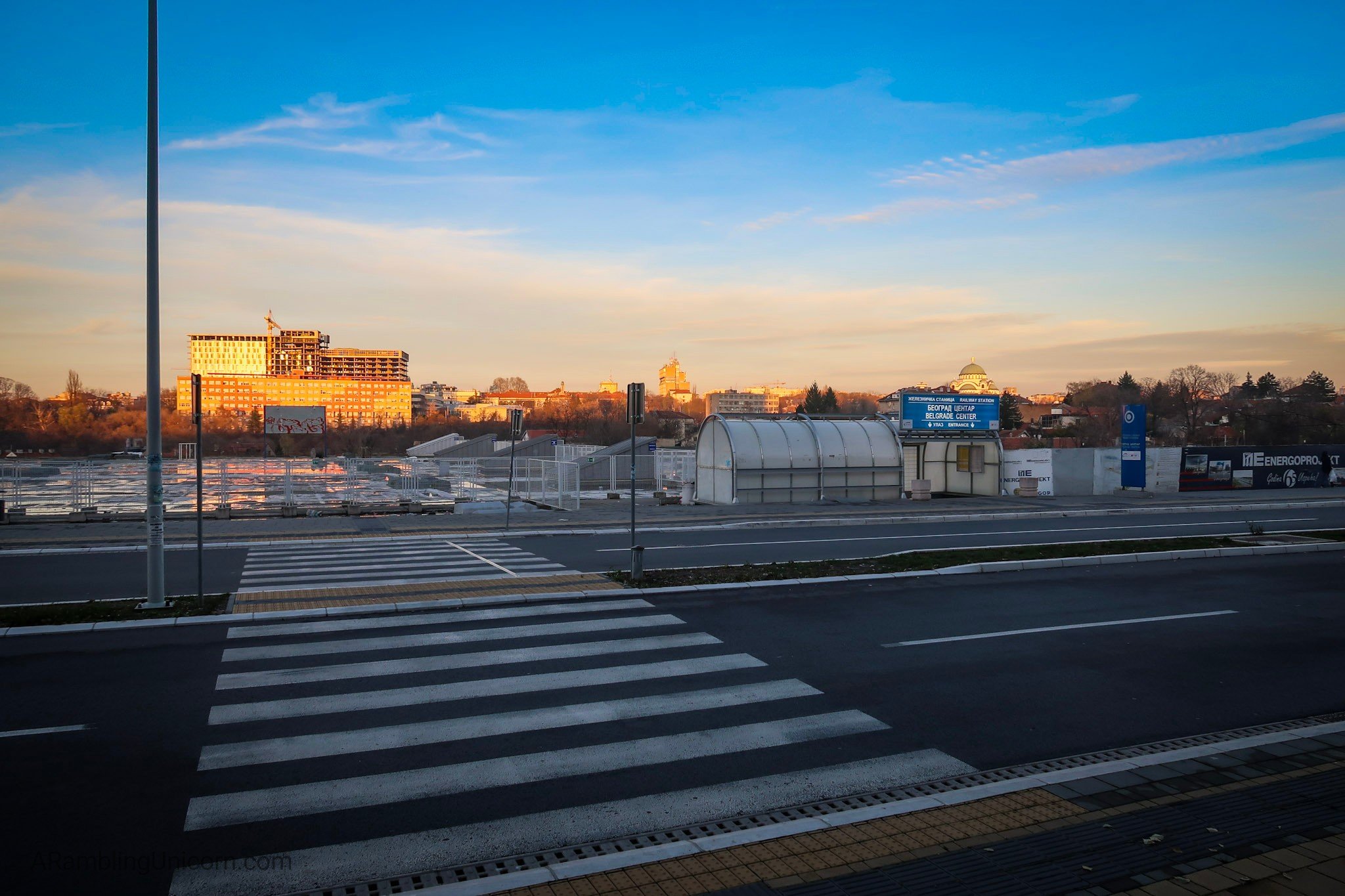
I think there’s a Train Station around here somewhere… Notice the Temple of Saint Sava in the background.
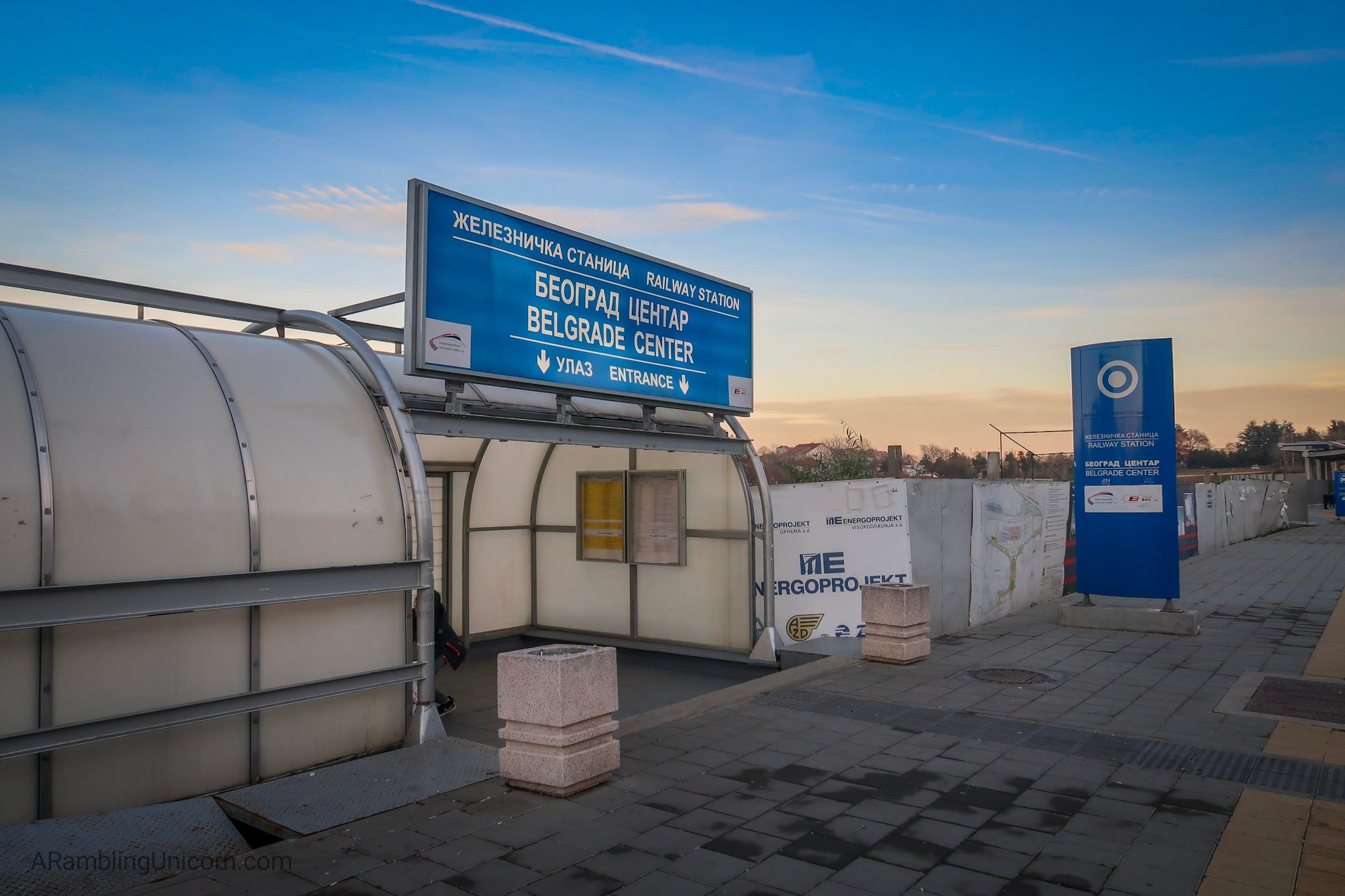
Oh I guess this empty-looking parking lot *is* the Belgrade Center Railway Station. Here’s the entrance.
Part 2: Niš, Serbia to Dimitrovgrad, Serbia
Wednesday, December 18 from 11:10 am to 2:45 pm
Travel Time: 3 hours 35 minutes
The next morning, Daniel and I checked out of the hotel and trotted back to the railway station. Our experience at the Niš ticket counter was much better than in Belgrade and this time we bought tickets all the way to Sofia. It was nice to have tickets for the next two legs of our journey in hand. Daniel and I both had raging sore throats and were feeling exhausted. We weren’t sure if we were feeling ill effects from the air pollution or if we were both getting sick. Either way it didn’t seem like a good sign.
I didn’t think train travel could get any slower after our trip from Belgrade to Niš, but it did. On our trip to Dimitrovgrad, the train stopped at stations that looked like they fell out of use years ago. At one point, an elderly gentleman waved at the conductor and the train stopped at a dirt road in the middle of nowhere. As we watched him amble away, he seemed to be walking faster than the train.
I did enjoy watching local station masters greet the train at each station, however. They wear terrific uniforms topped by a jaunty cap and wave a flag to give the all-clear for departure. It felt like we had stepped back in time to another era. It was AWESOME!
Part 3: Dimitrovgrad, Serbia to Sofia, Bulgaria
Wednesday, December 18 from 3:25 pm to 6:36 pm
Travel Time: 3 hours 11 minutes
After a 40-minute layover in the tiny border town of Dimitrovgrad, we boarded the train to Sofia. The train car was considerably older than the ones we had ridden up to this point and was also covered with an impressive amount of graffiti. Since we were about to cross the border into Bulgaria, we had our passports in hand. Soon, Serbian border agents arrived to issue our exit visas, and then we were on our way. Twenty minutes later we stopped again and a new set of border agents issued our entrance visas to Bulgaria.
When we arrived at Sofia’s train station a few hours later, we were impressed with the sheer size and sophistication of the building. Compared with the Belgrade station, which was only half finished and offered limited facilities, the Sofia building seemed like a transportation paradise. It also boasted an impressively tall Christmas tree in the lobby which won me over immediately. I love Christmas trees.
We stayed in Sofia for five days – you can read about our visit to Sofia here:
Part 4: Sofia, Bulgaria to Ruse, Bulgaria
Monday, December 23 from 7:10 am to 1:15 pm
Travel Time: 6 hours 5 minutes
A few days later, Daniel and I returned to the Sofia train station to buy tickets to our next destination: Bucharest. Once again, I had researched the journey on The Man in Seat 61 web site and on the Bulgarian Railways web site. After explaining our request to the international ticket agent, she indicated that it would take a few minutes and waved us to some seats in the lobby. As the minutes ticked by, Daniel and I looked at each other worriedly. Had she understood us? What could be taking so long?
Eventually she beckoned us over and proceeded to spend the next five minutes carefully explaining, in limited English, how to read the tickets she had issued (which were in Cyrillic). We would be taking two trains with a layover in Ruse. On these trains we also had assigned seats, which apparently had to be issued separately. The train tickets and seat reservation slips were all filled out by hand for both legs of the trip. No wonder it took her so long to issue them. This woman was definitely the most patient and helpful ticket agent we had encountered so far and should win some sort of award in my book.
Daniel and I returned to the Sofia train station bright and early the following morning. The only feasible train left at 7:10 am, which is on the early side for our tastes, but we didn’t have much of a choice. Our raging sore throats the previous week had developed into nasty colds so we were prepared for a long day of train travel with cough drops, tissues, and snacks.
The train from Sofia to Ruse was packed with locals laden with parcels and packages of all shapes and sizes. As Christmas was only two days away, I suspected that most folks were travelling to visit loved ones for the holiday. We found our seats in a 6-person compartment which was almost completely full of elderly Bulgarian passengers. Daniel and I squeezed ourselves into the compartment and smiled timidly at our neighbors. I prepared myself for a long and awkward train ride but I needn’t have worried. Even though we didn’t speak the same language, our neighbors were gracious and kind. There was a lot of lively conversation in Bulgarian and laughing among the passengers who insisted on sharing their food with us. It ended up being the most memorable leg of our entire trip.
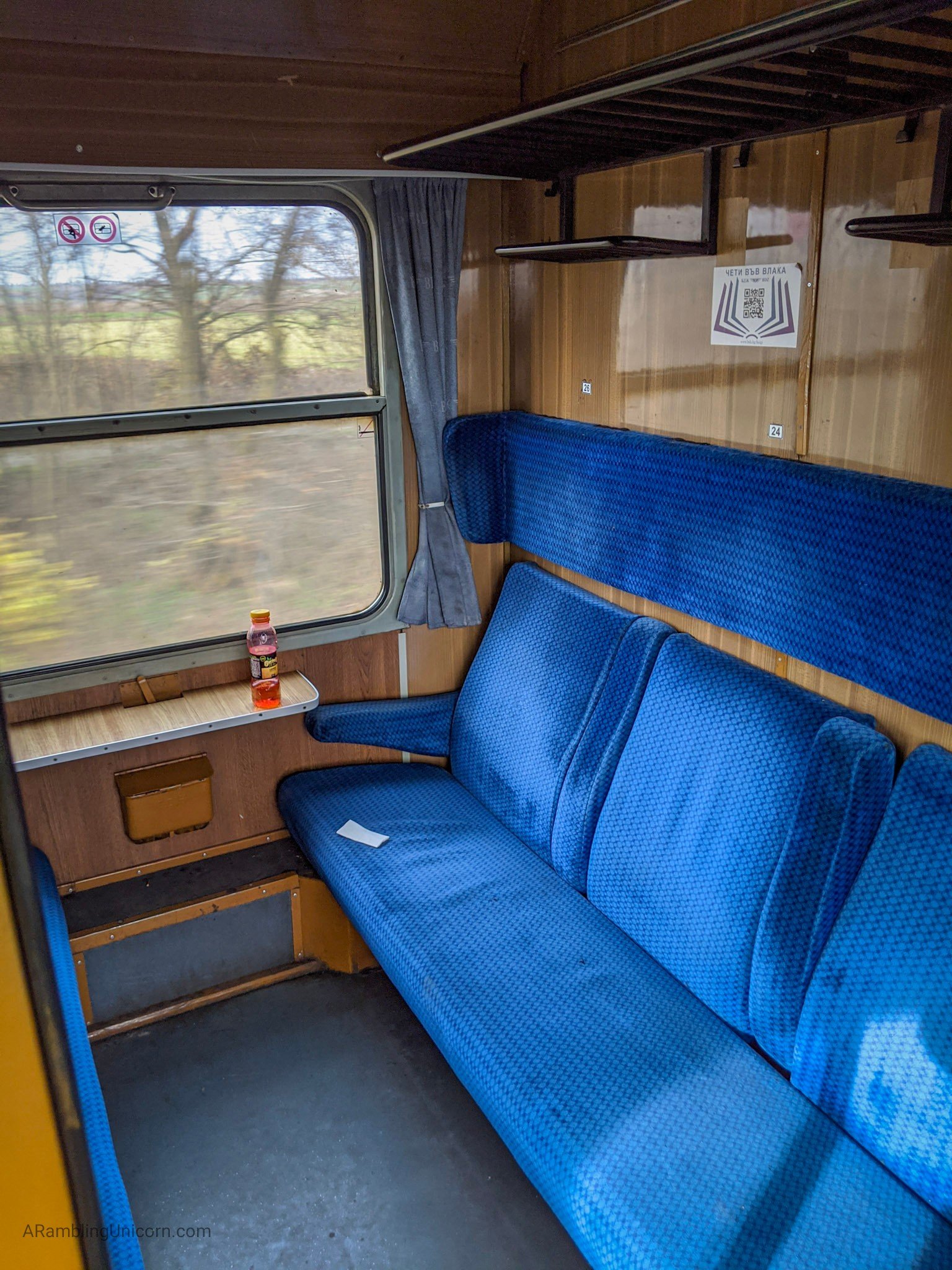
This is what our seating compartment looked like. Just picture us packed in here with 4 other people and lots of luggage.
Part 5: Ruse, Bulgaria to Bucharest, Romania
Monday, December 23 from 2:15 pm to 5:00 pm
Travel Time: 1 hour 45 minutes
The last section of our journey from Ruse to Bucharest was short and easy. Unlike the previous leg of our trip, the train was almost completely empty. The railway timetable indicated that travel time would take 2 hours and 45 minutes, but it didn’t take into account the time zone change. So, before we knew it, we found ourselves in Bucharest. Soon we were scrambling to change our money and figure out the local bus system.
We ended up staying in Romania for a week over the Christmas holiday. You can read about our Romania visit here:
More Information
For more information about the Orient Express, check out the following resources:
- The Truth behind the Legend: The Orient Express – The Man in Seat 61
- The Orient Express – Wikipedia page
For more information about planning train travel in Europe, I highly recommend The Man in Seat Sixty-One web site.
Where are we now?
Location: Serbia, Bulgaria and Romania
Dates: Tuesday, December 17 – Wednesday December 18 & Monday, December 23
Vagabonding Journey Status: Days 78, 79 & 84
For more details on our vagabonding journey, see my previous posts:
- Day 73: Making New Friends in Belgrade, Serbia
- Day 68: Foggy Smoggy Days in Sarajevo, Bosnia and Herzegovina
- Day 63: Staying Warm in Mostar, Bosnia and Herzegovina
- Day 61: Joining the Party at Dubrovnik’s Winter Festival Kickoff
- Day 56: Exploring Kotor and the Bay of Kotor in Montenegro
Like this post? Pin It!
Click on the image below to save it to your board on Pinterest.

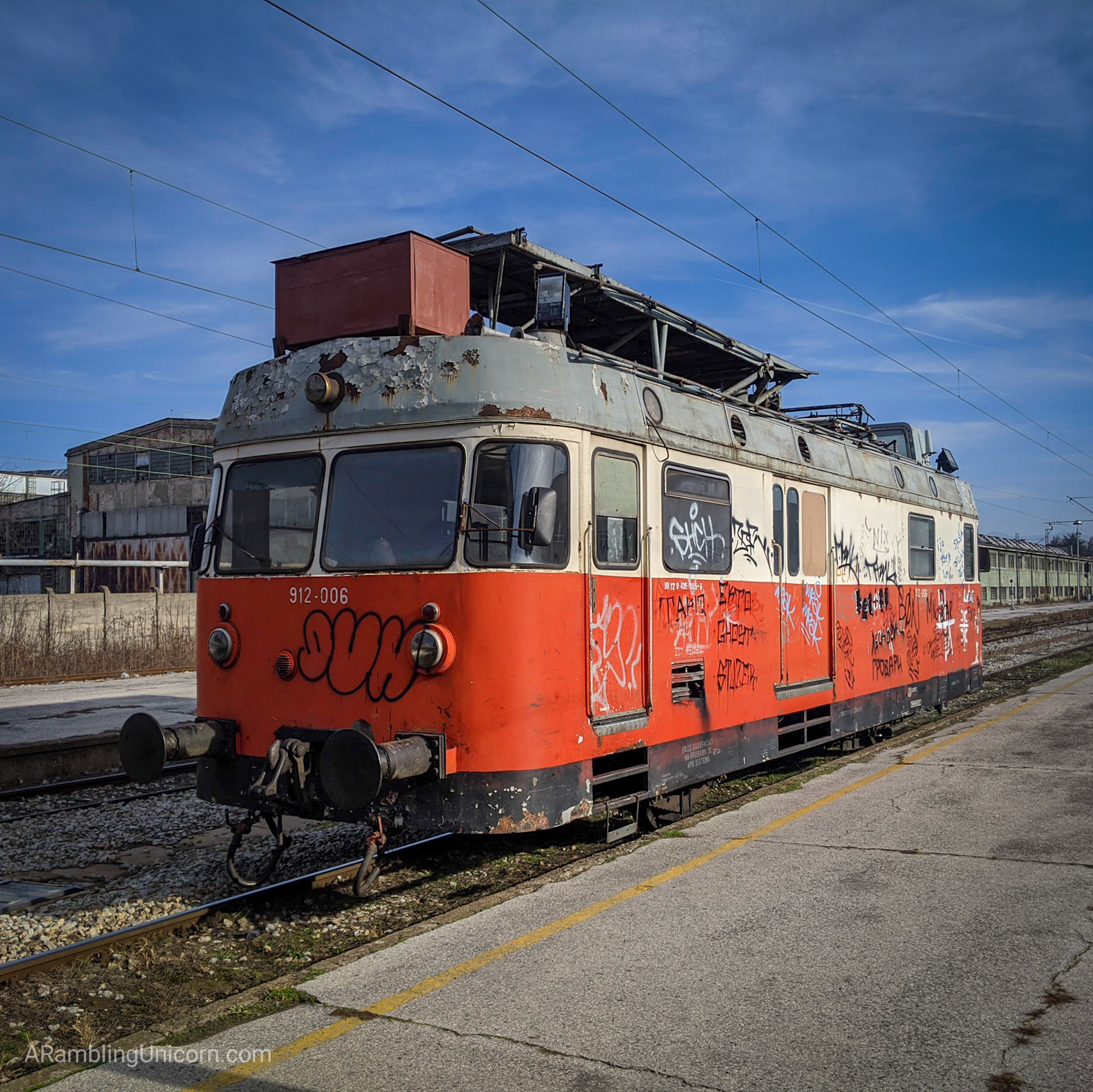



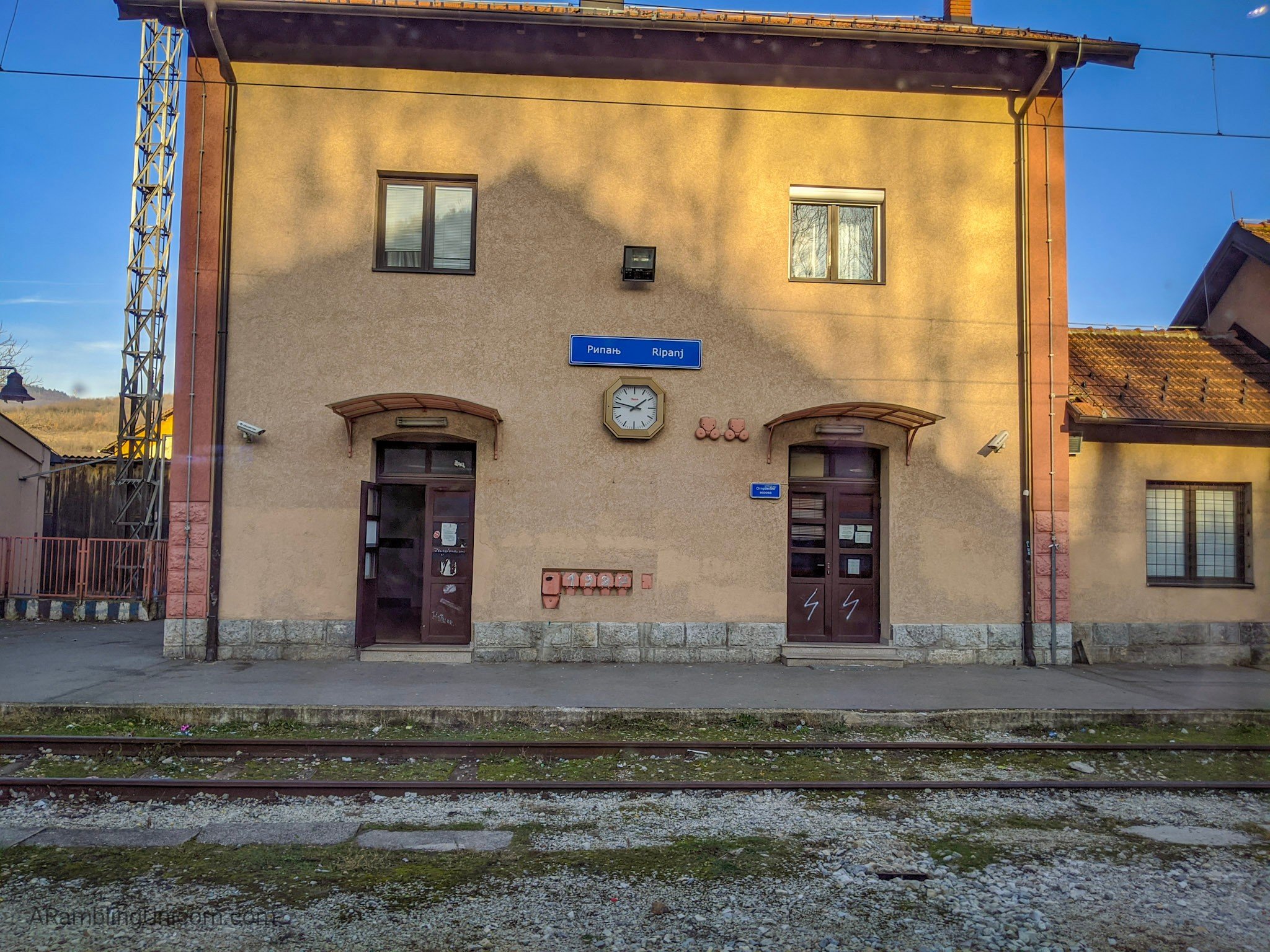
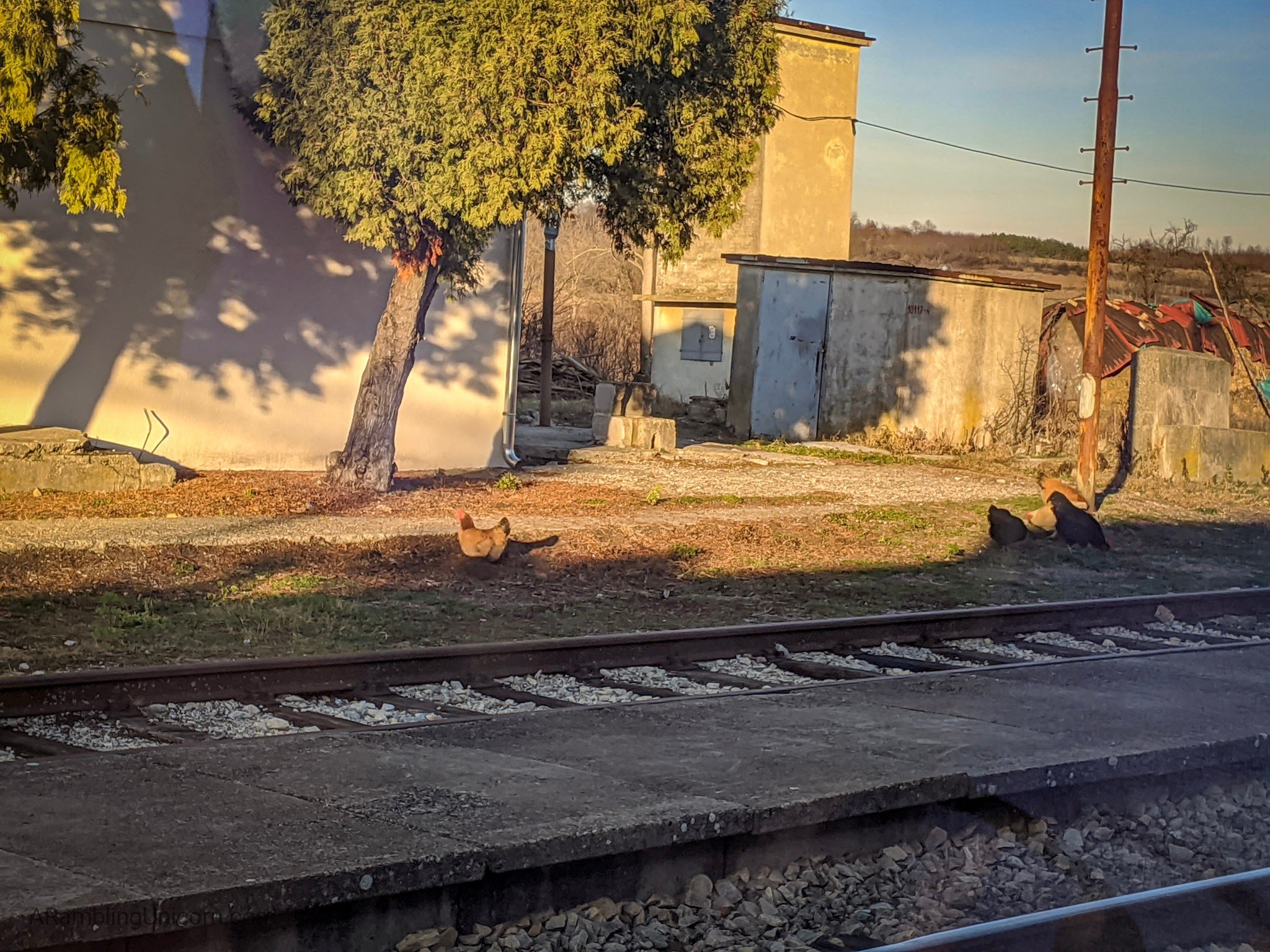
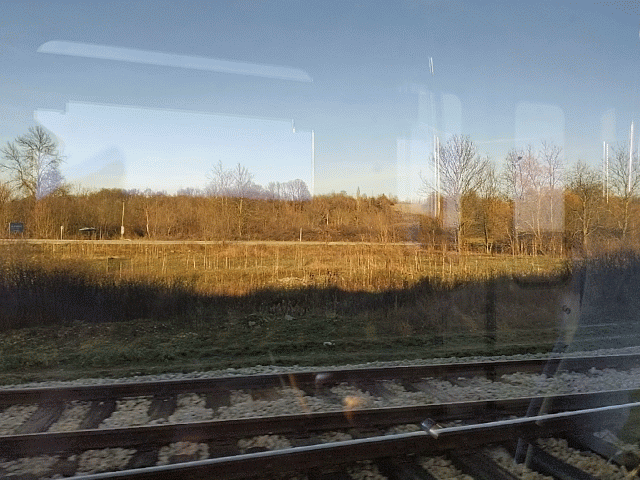
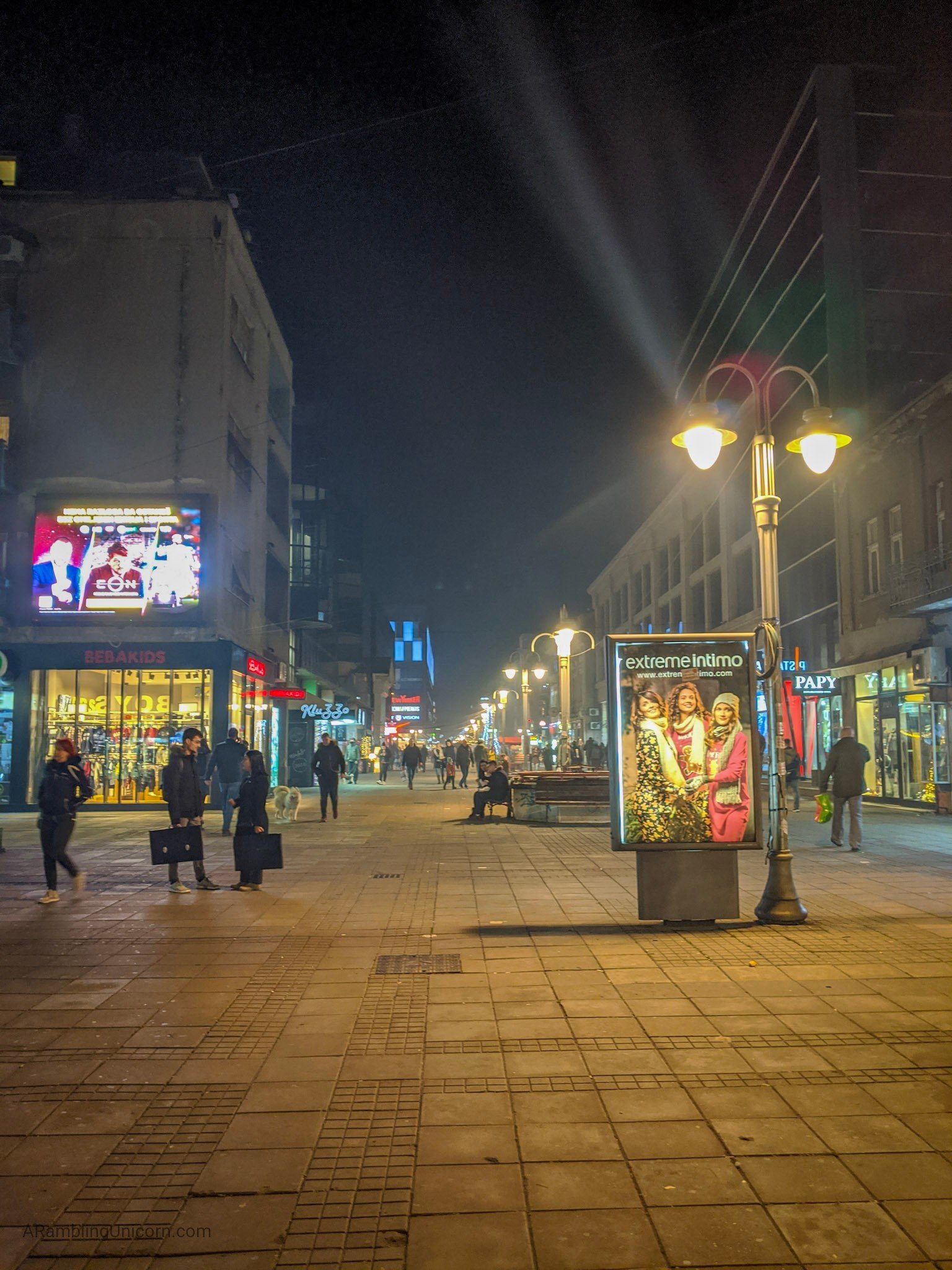

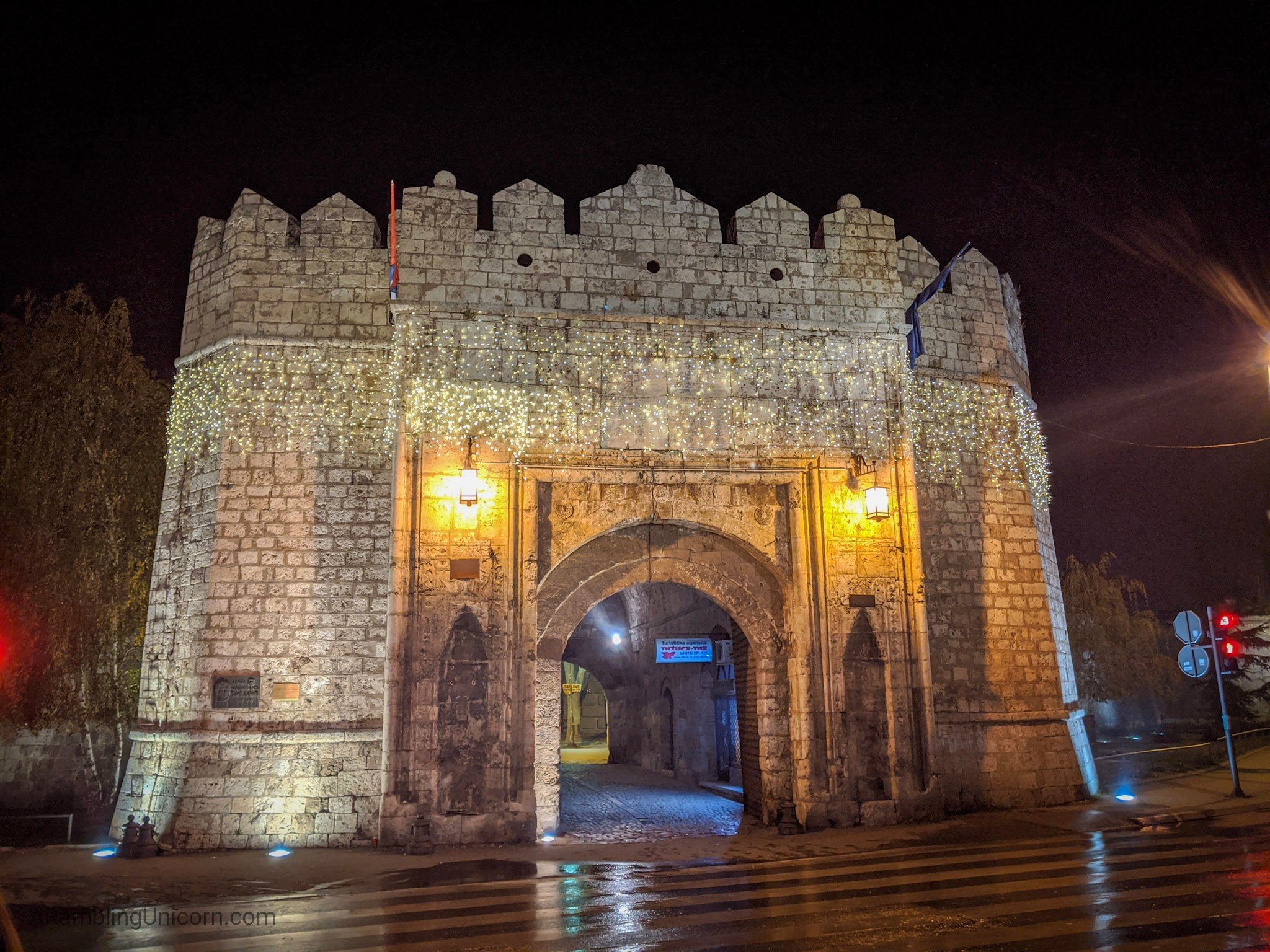
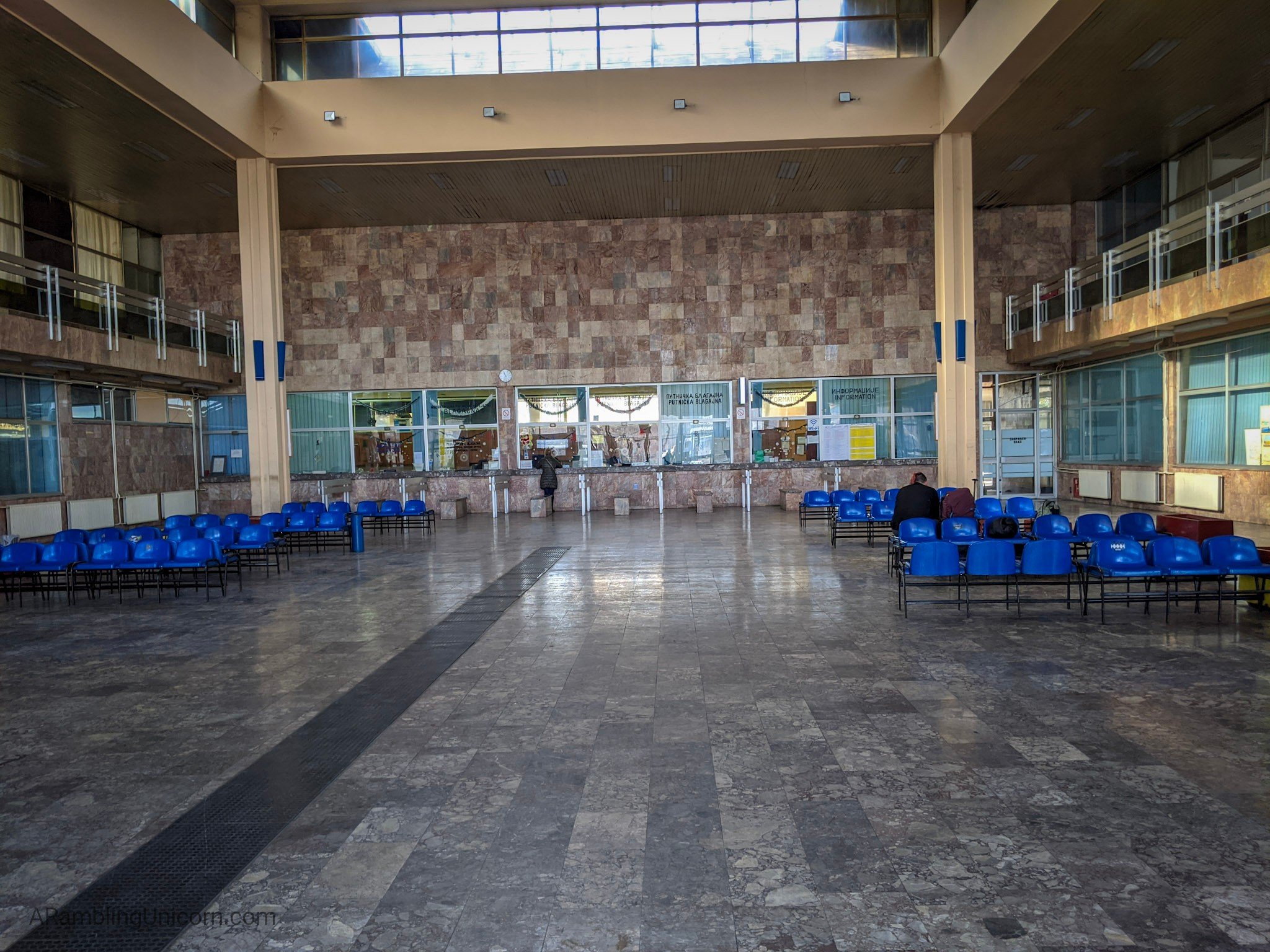

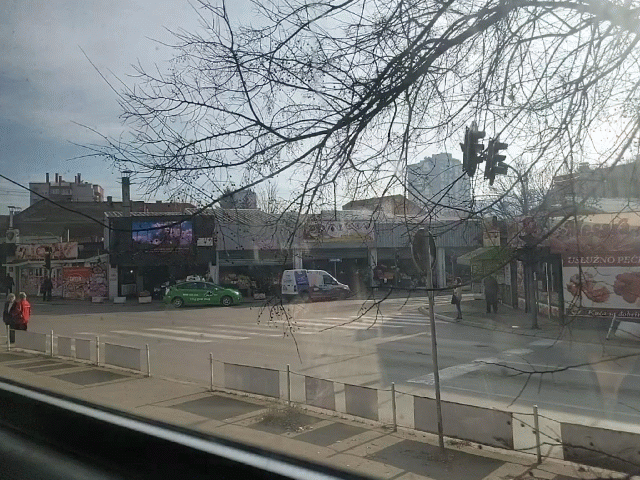
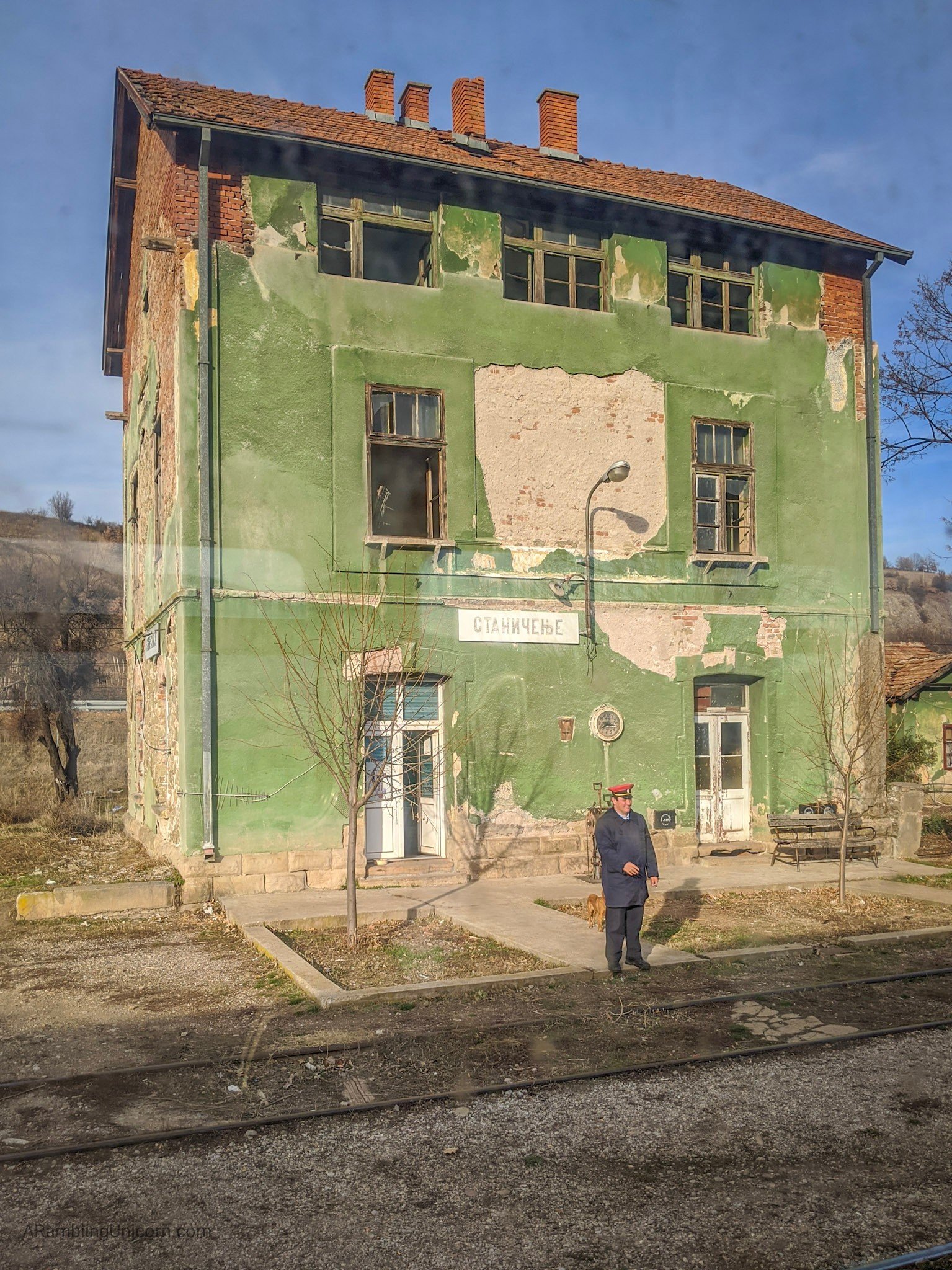
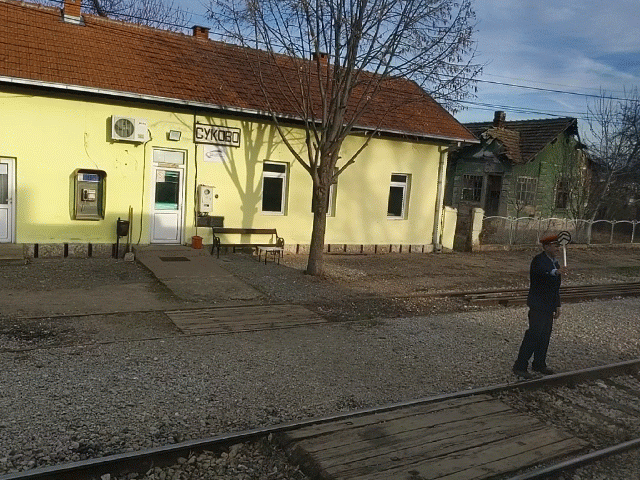
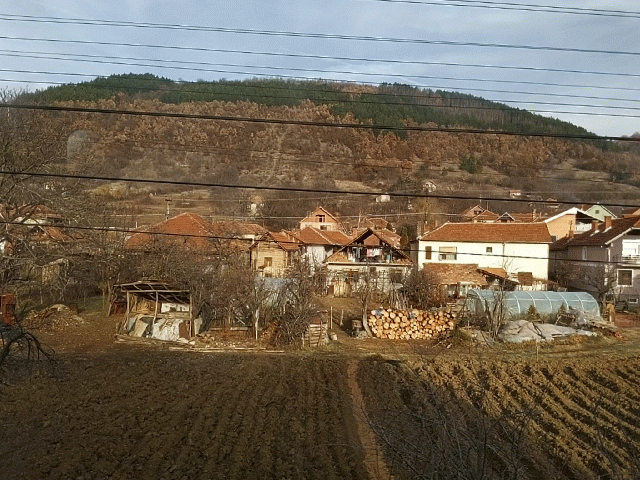
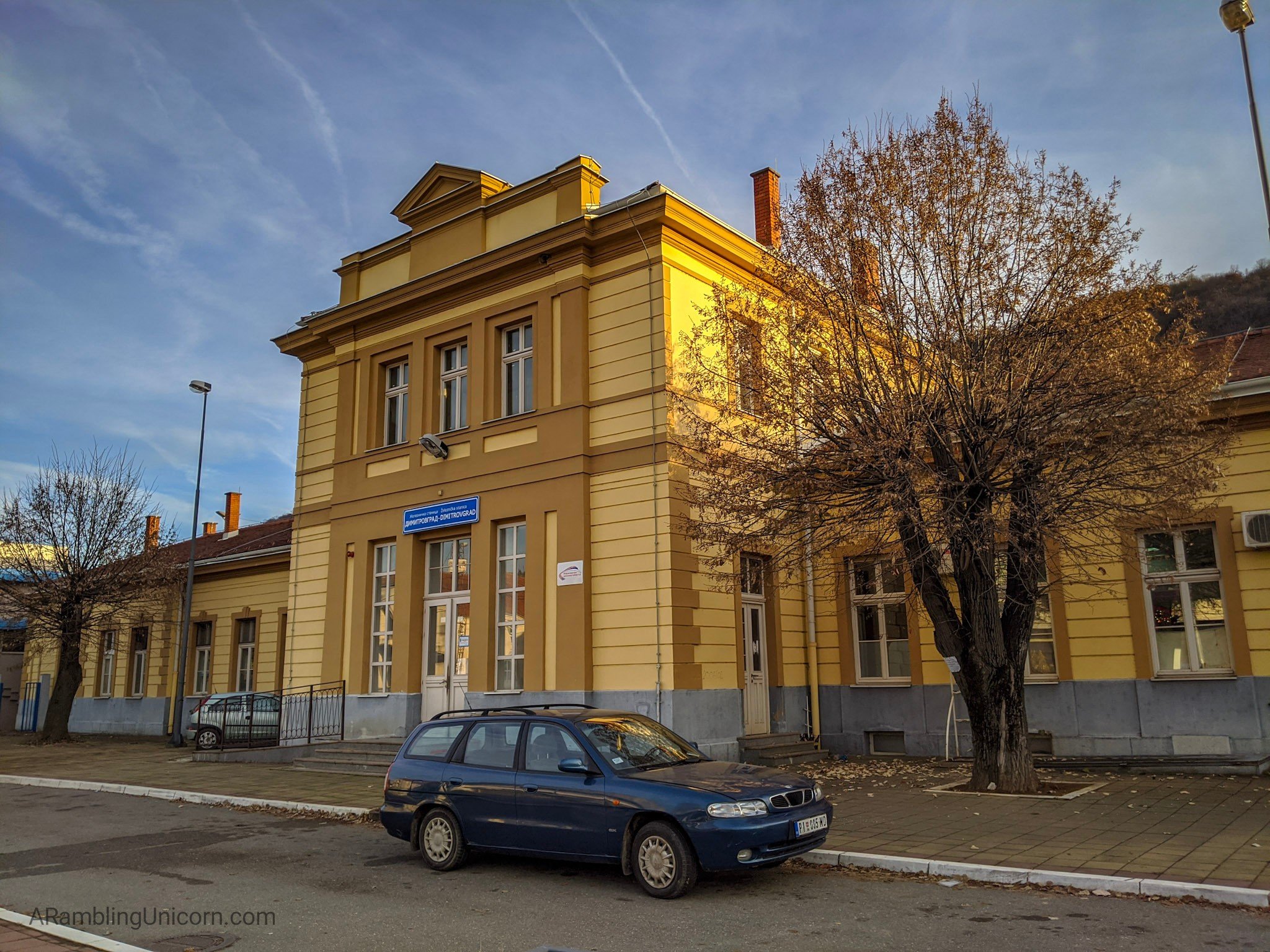


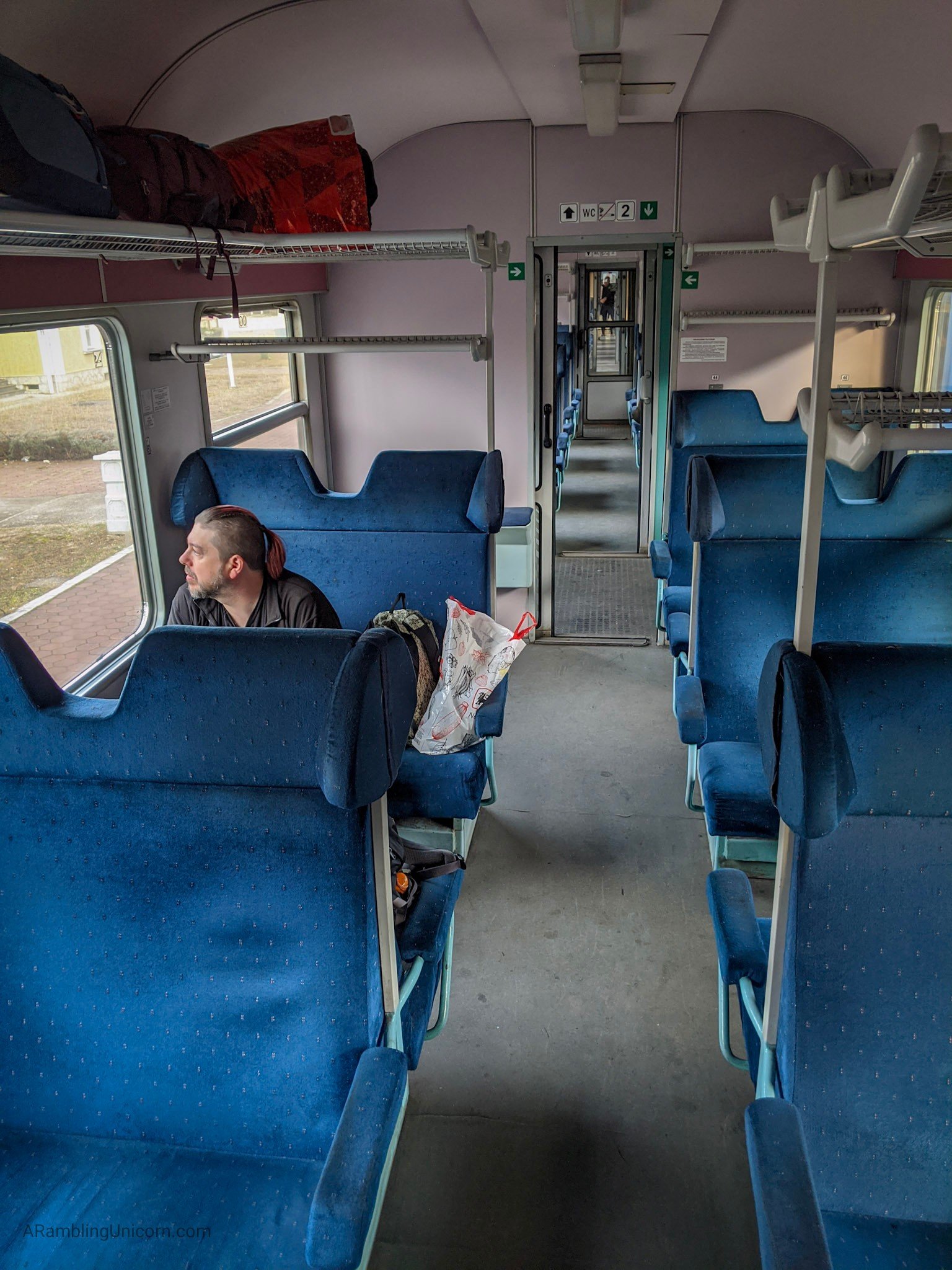
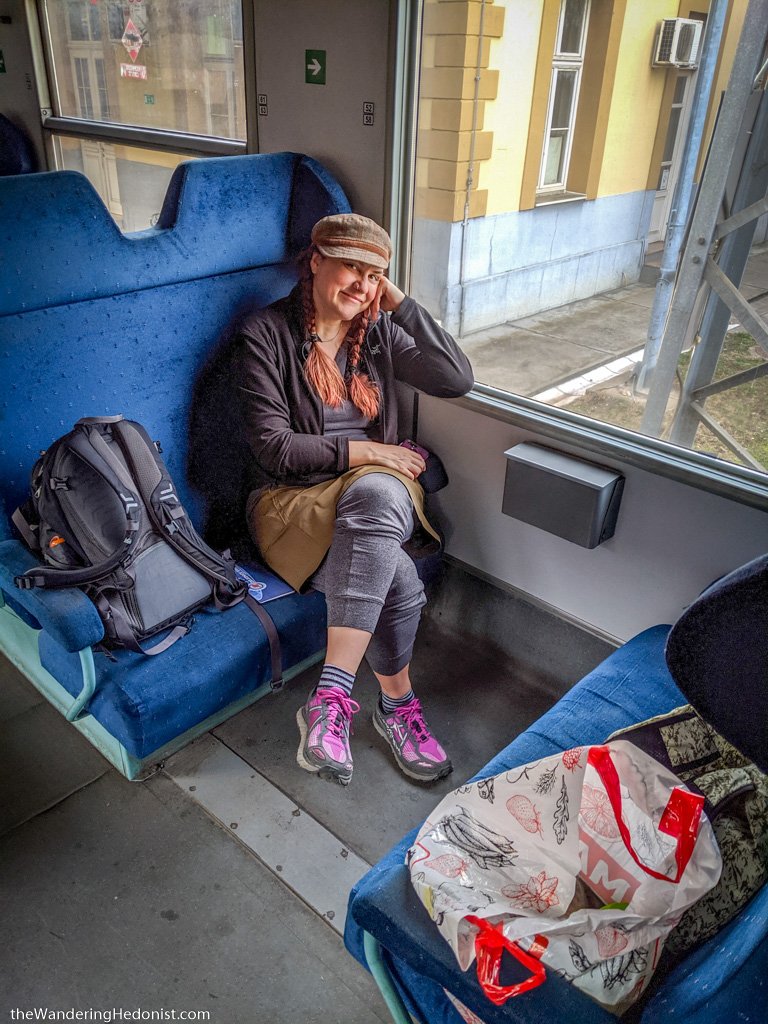


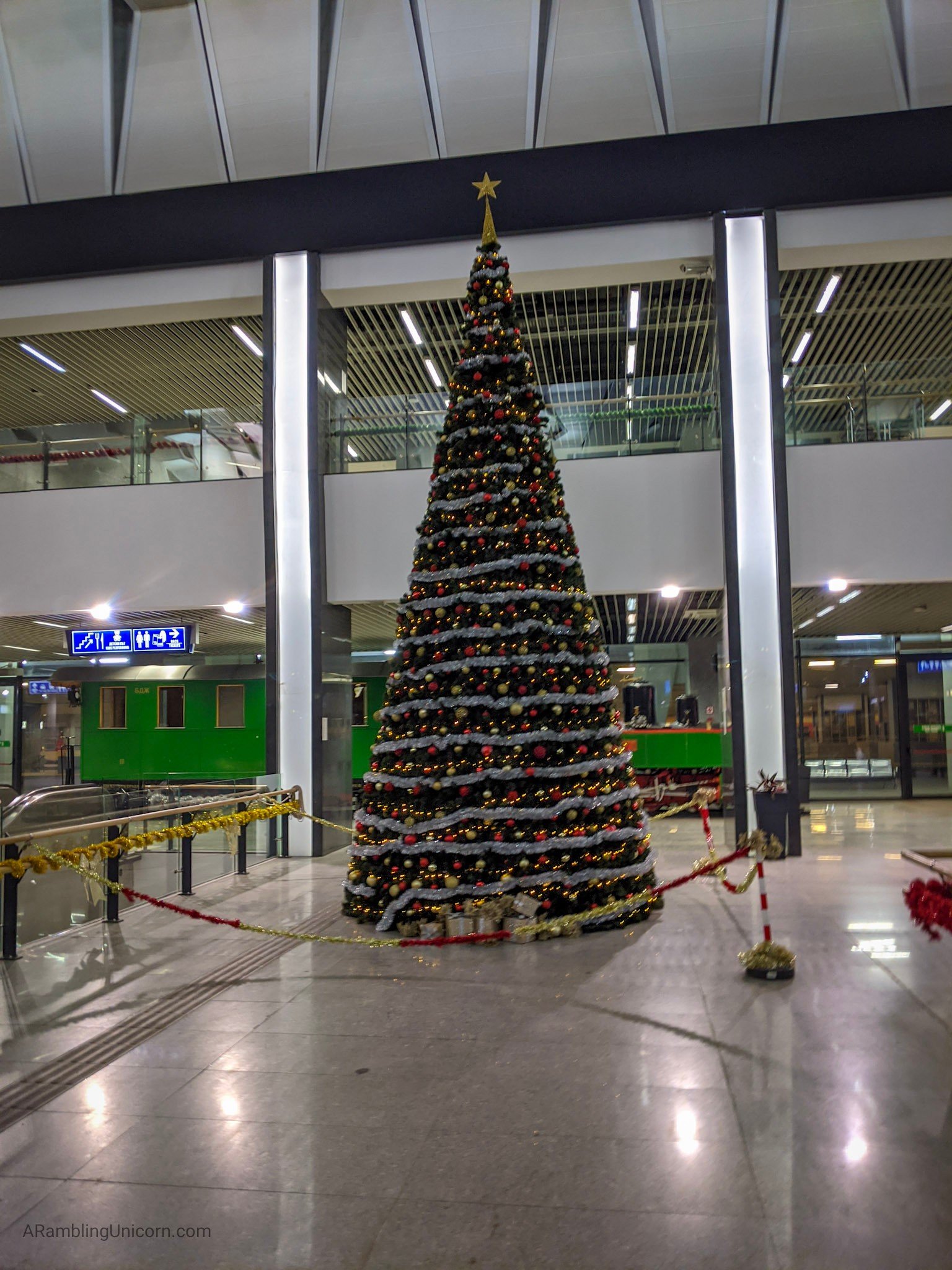
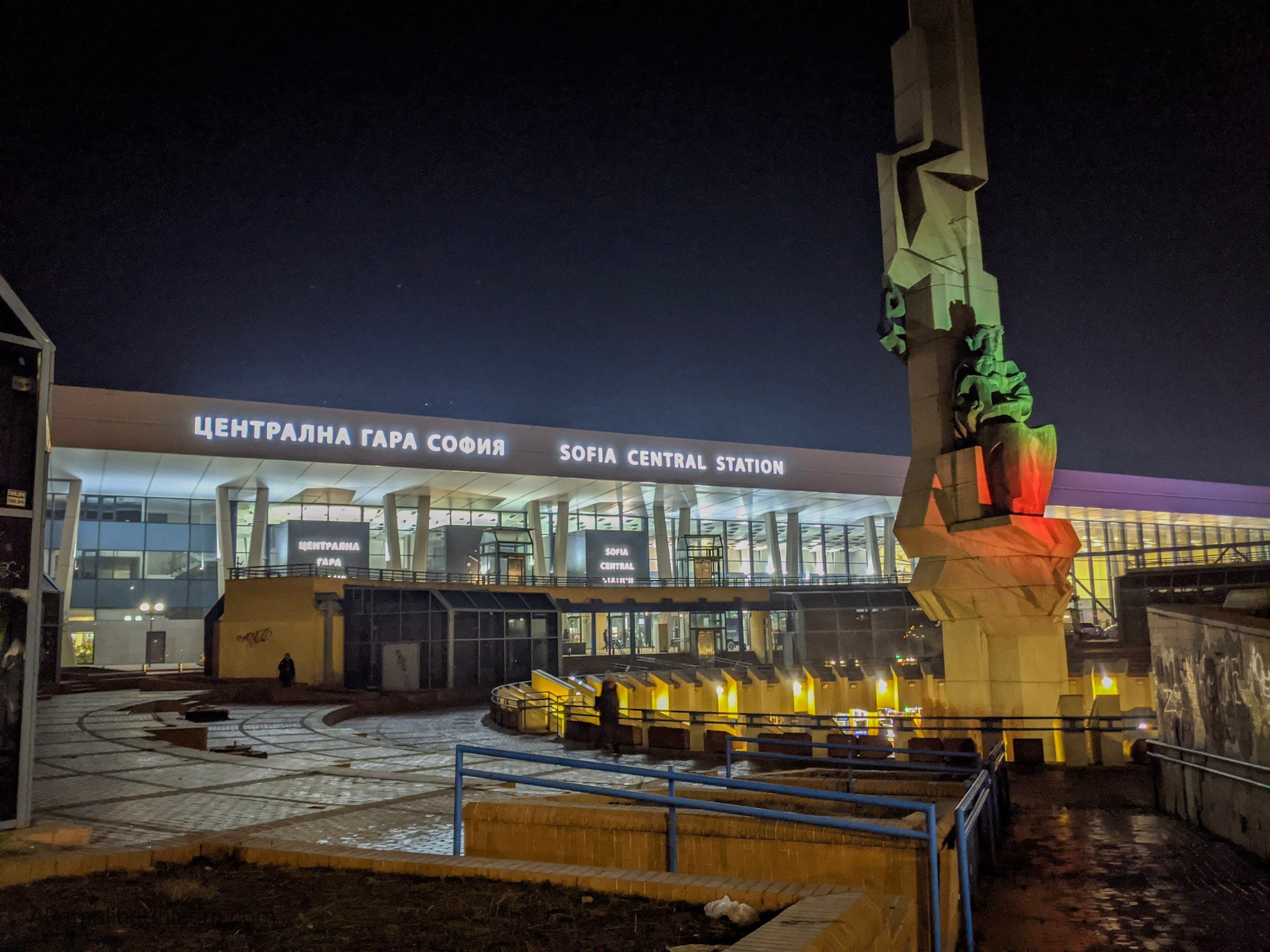
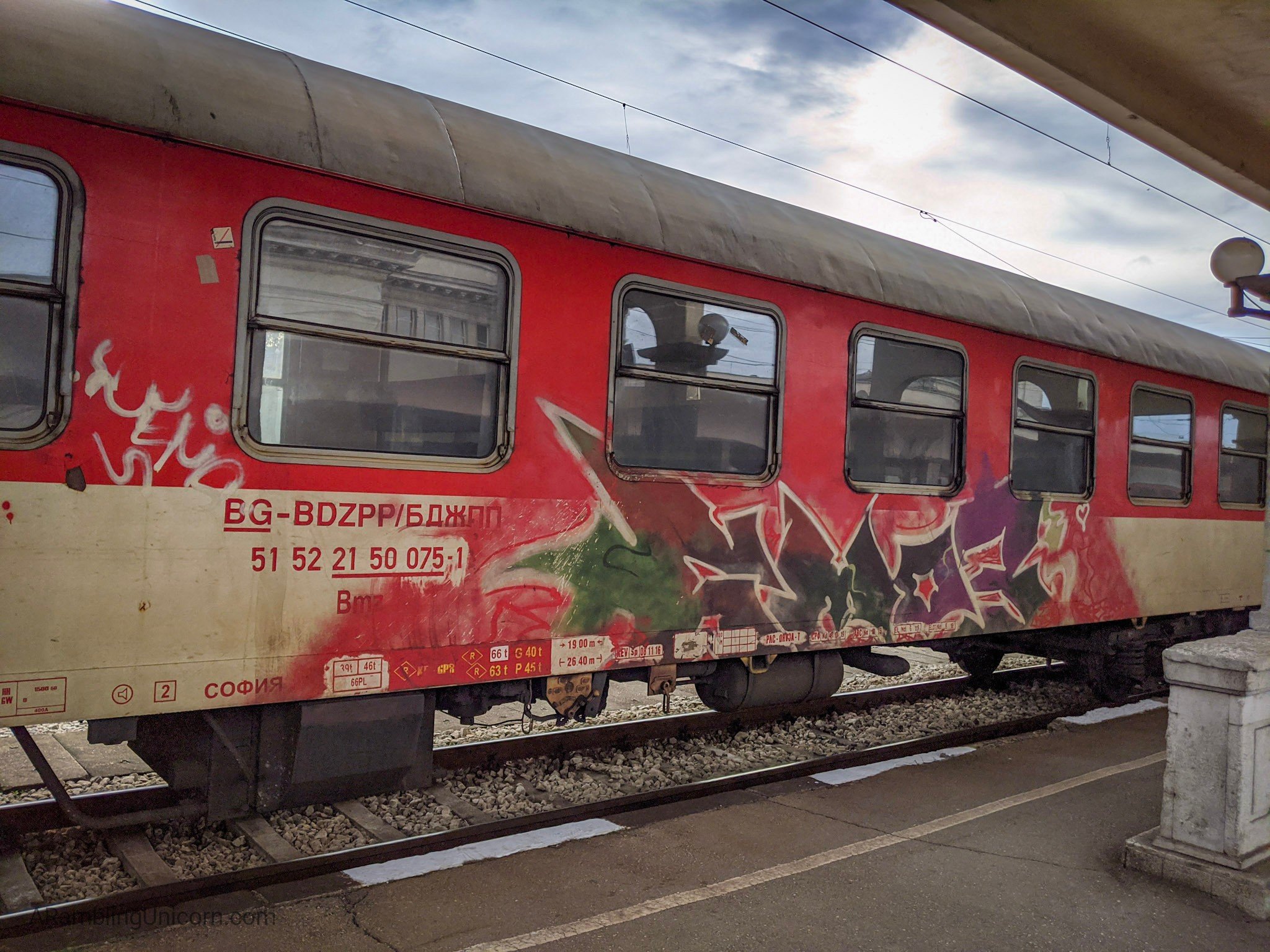
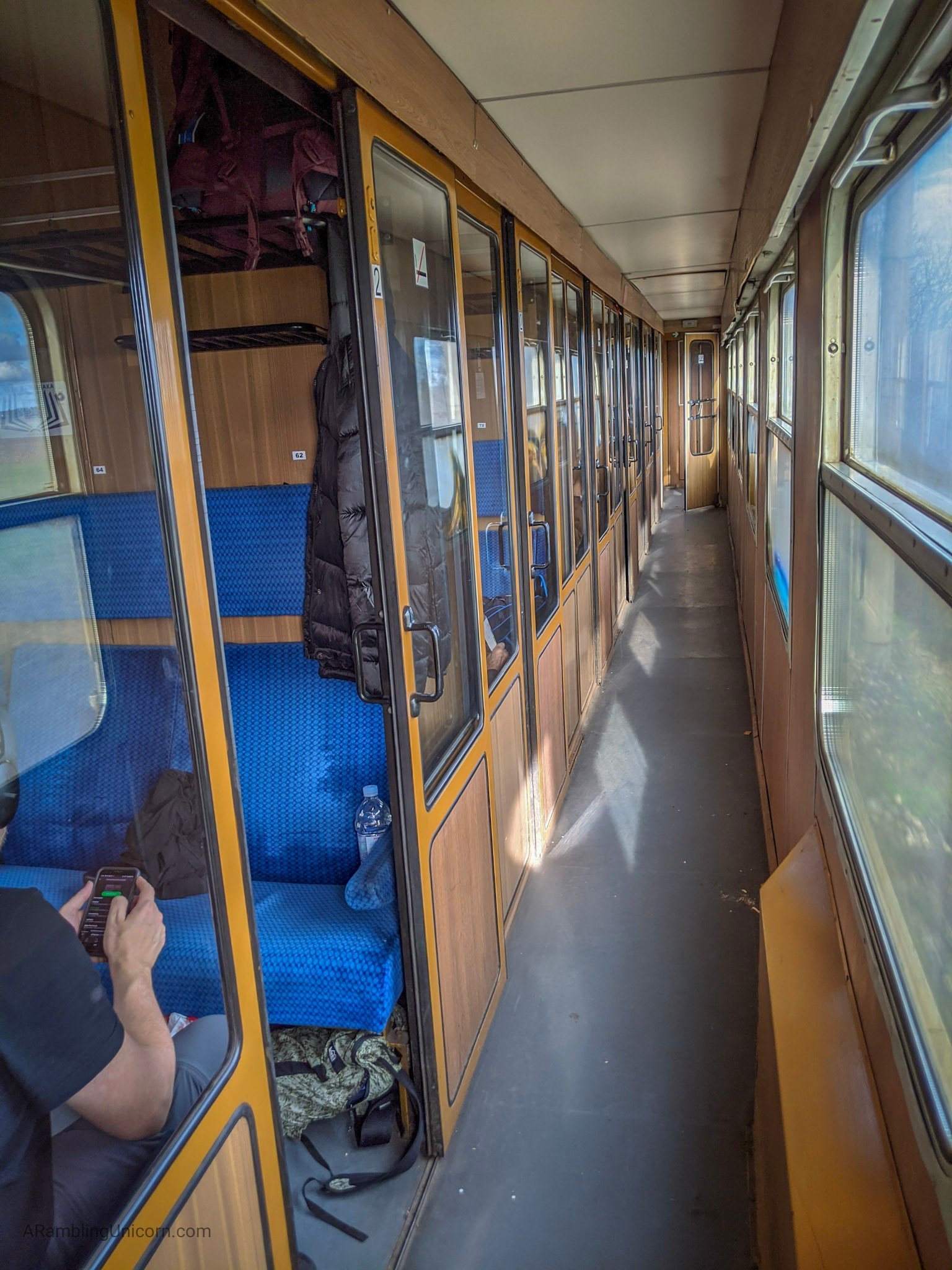
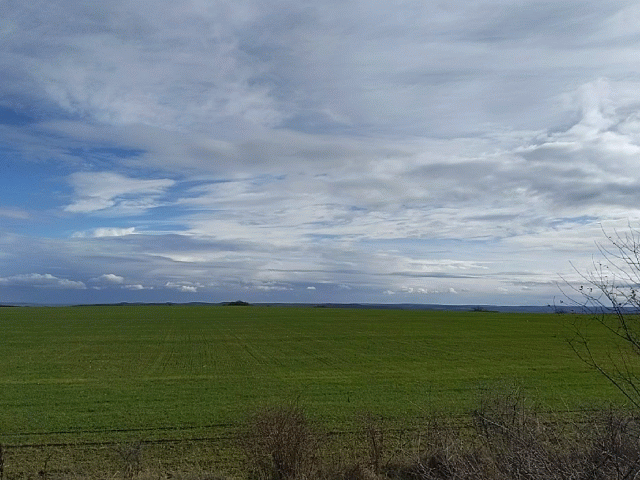

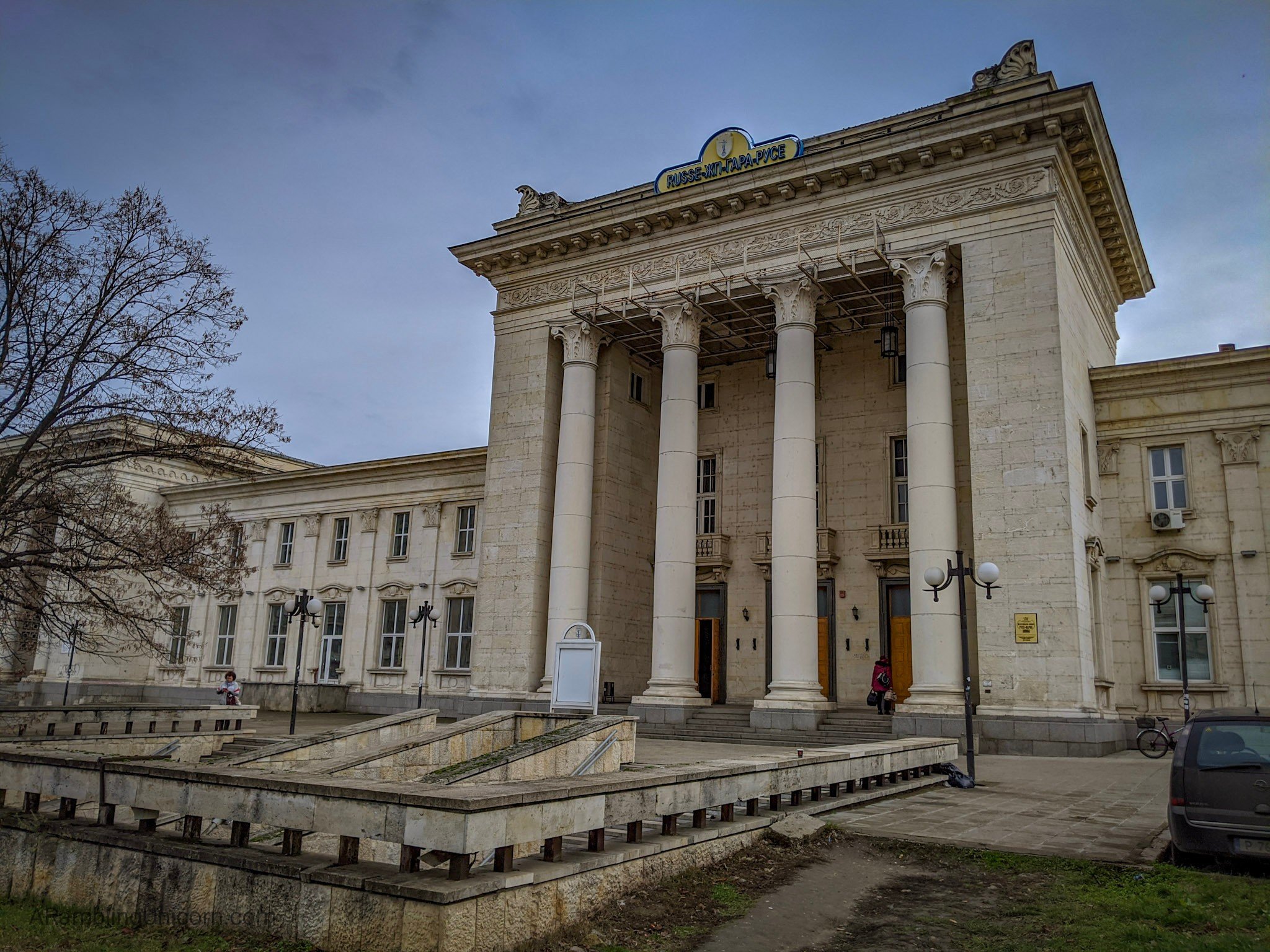
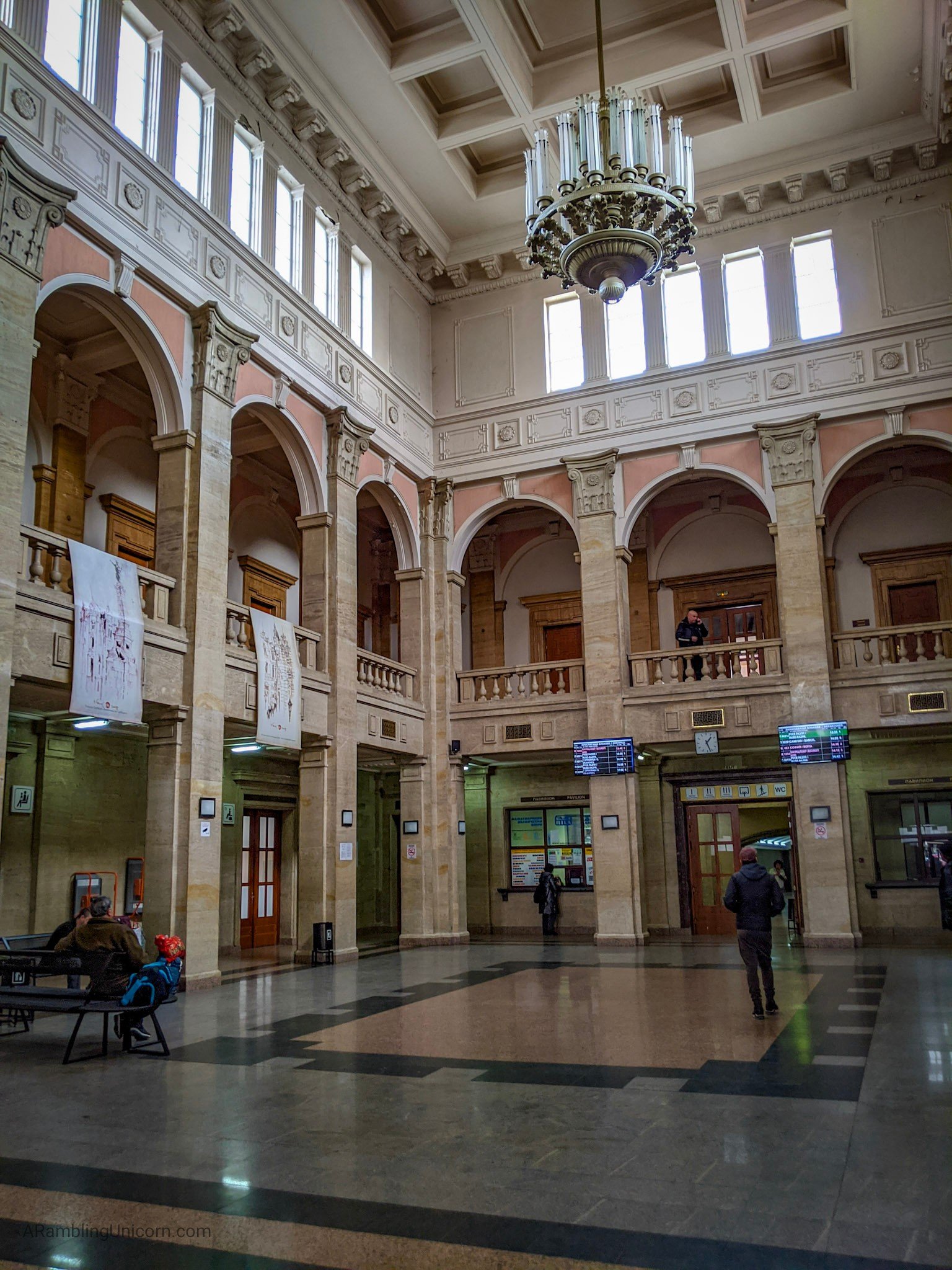
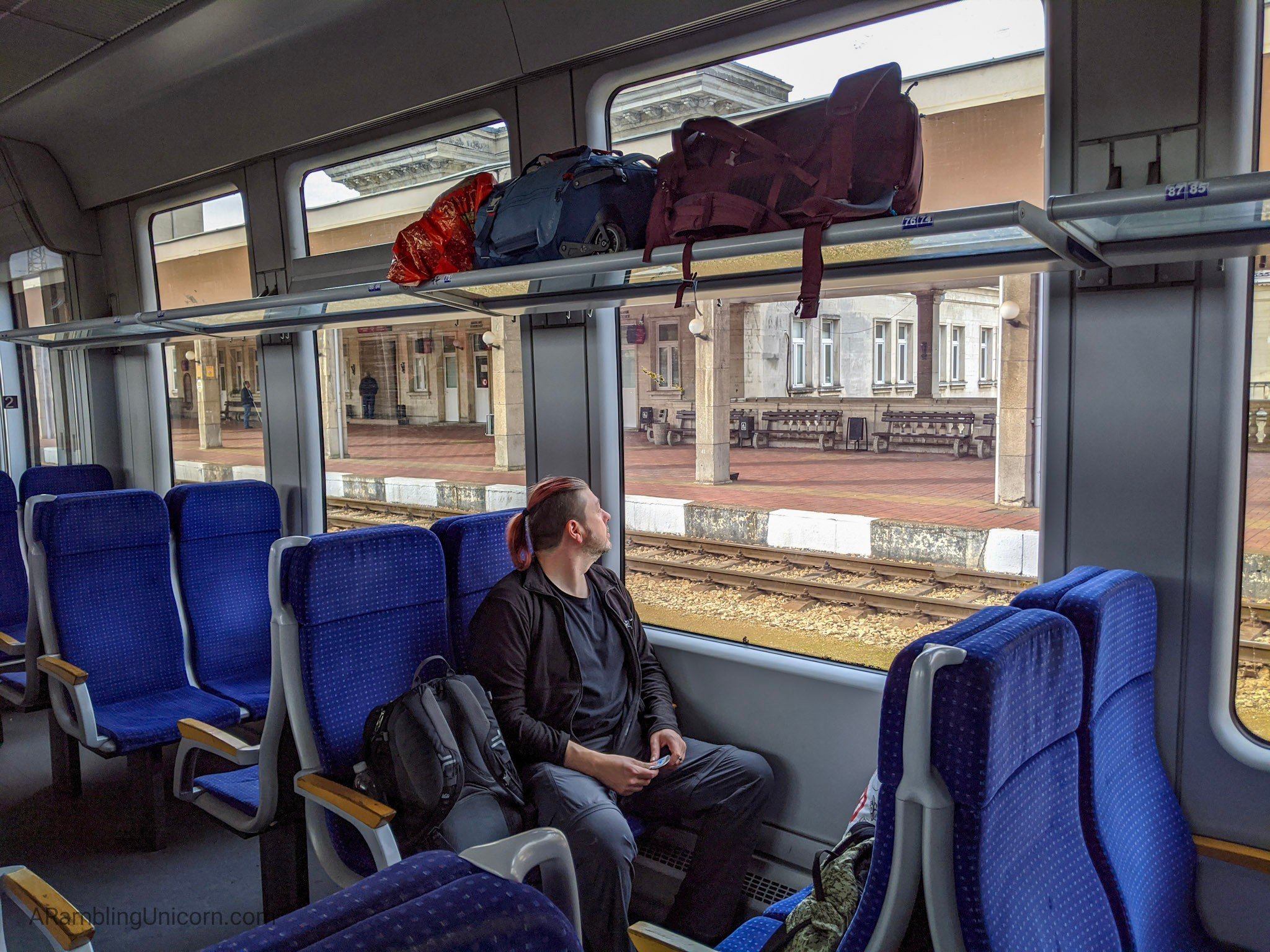
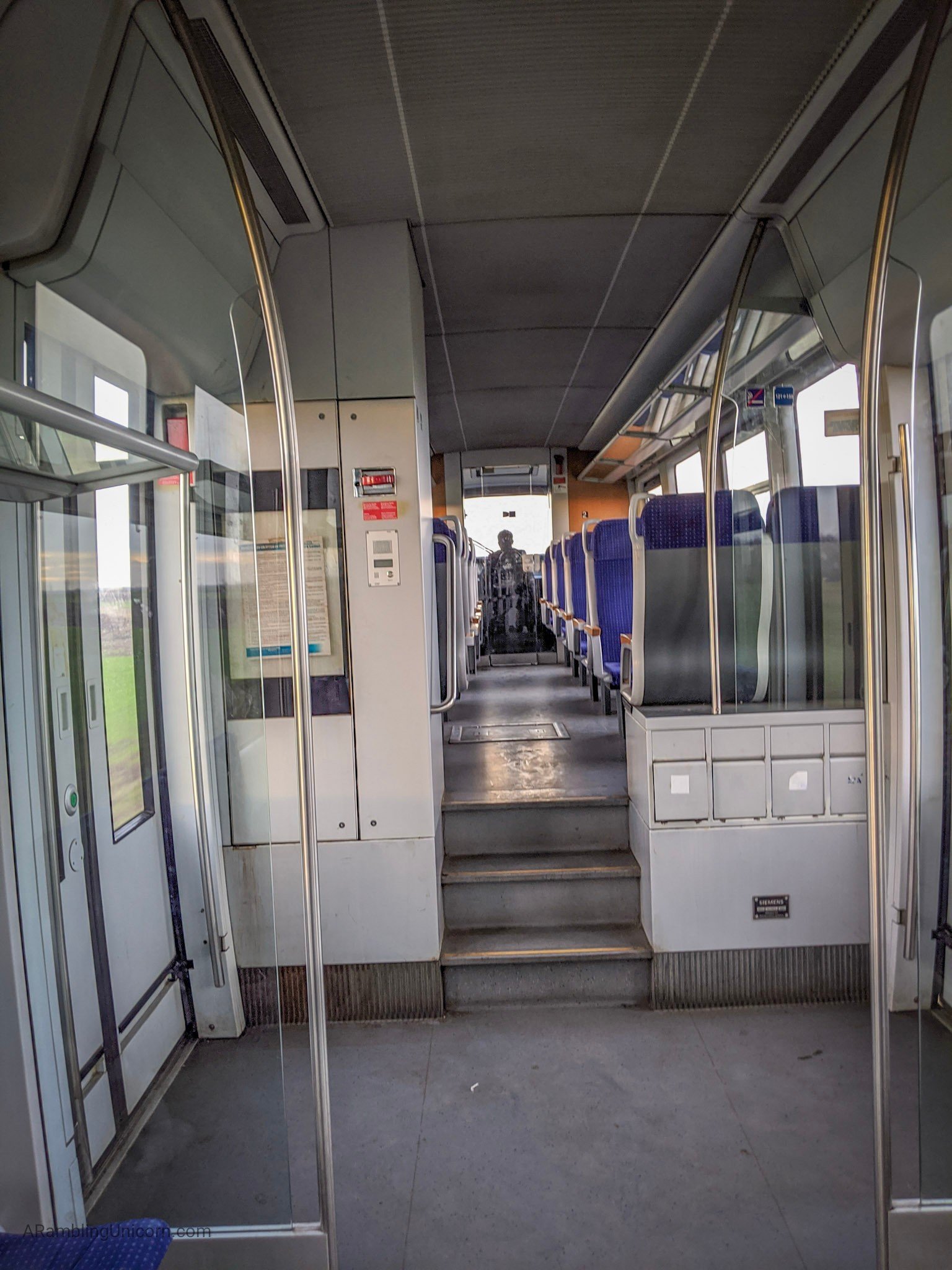
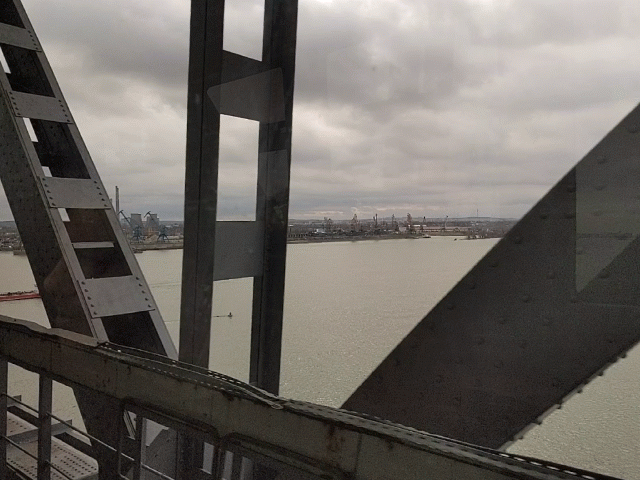
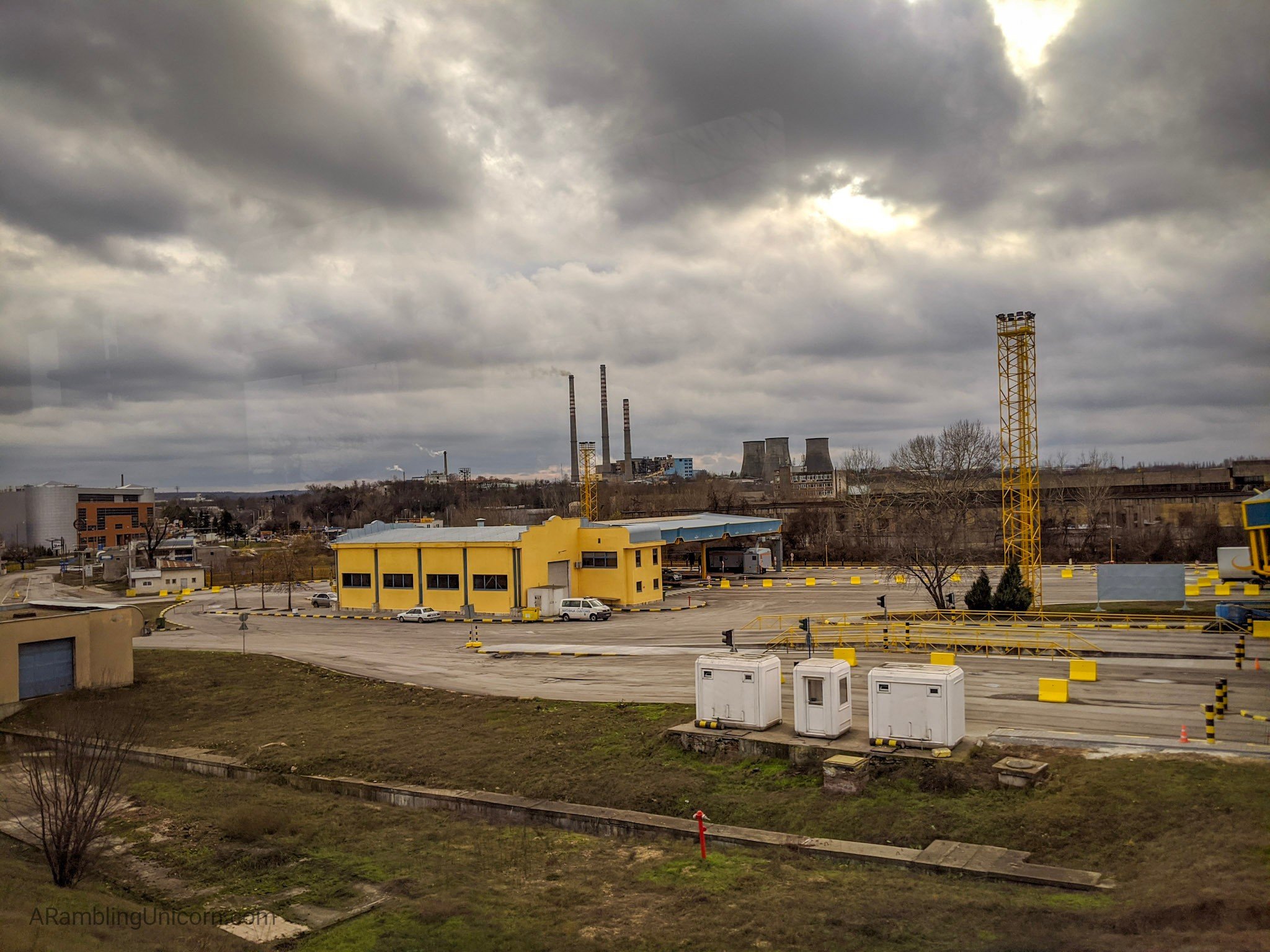
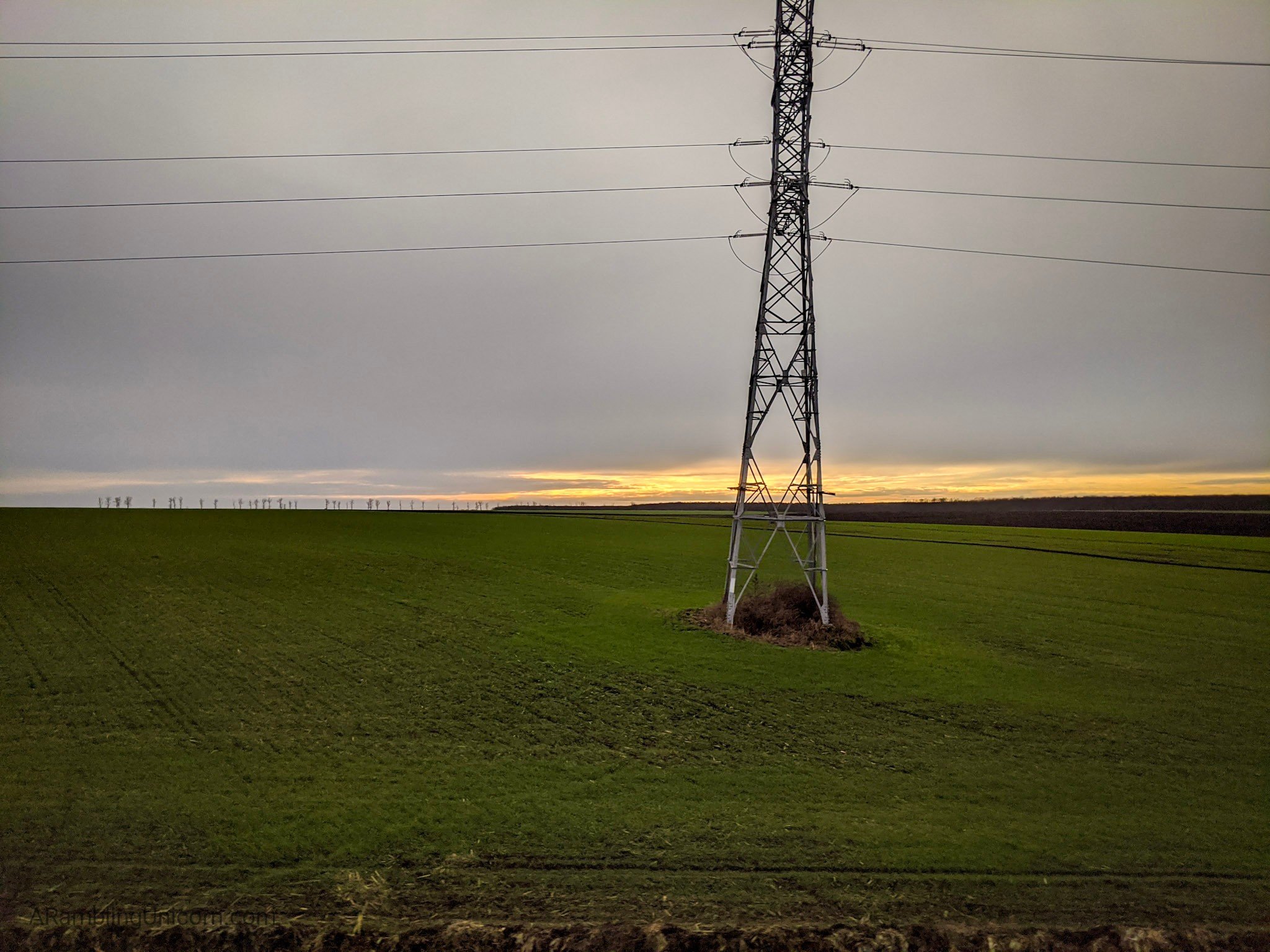

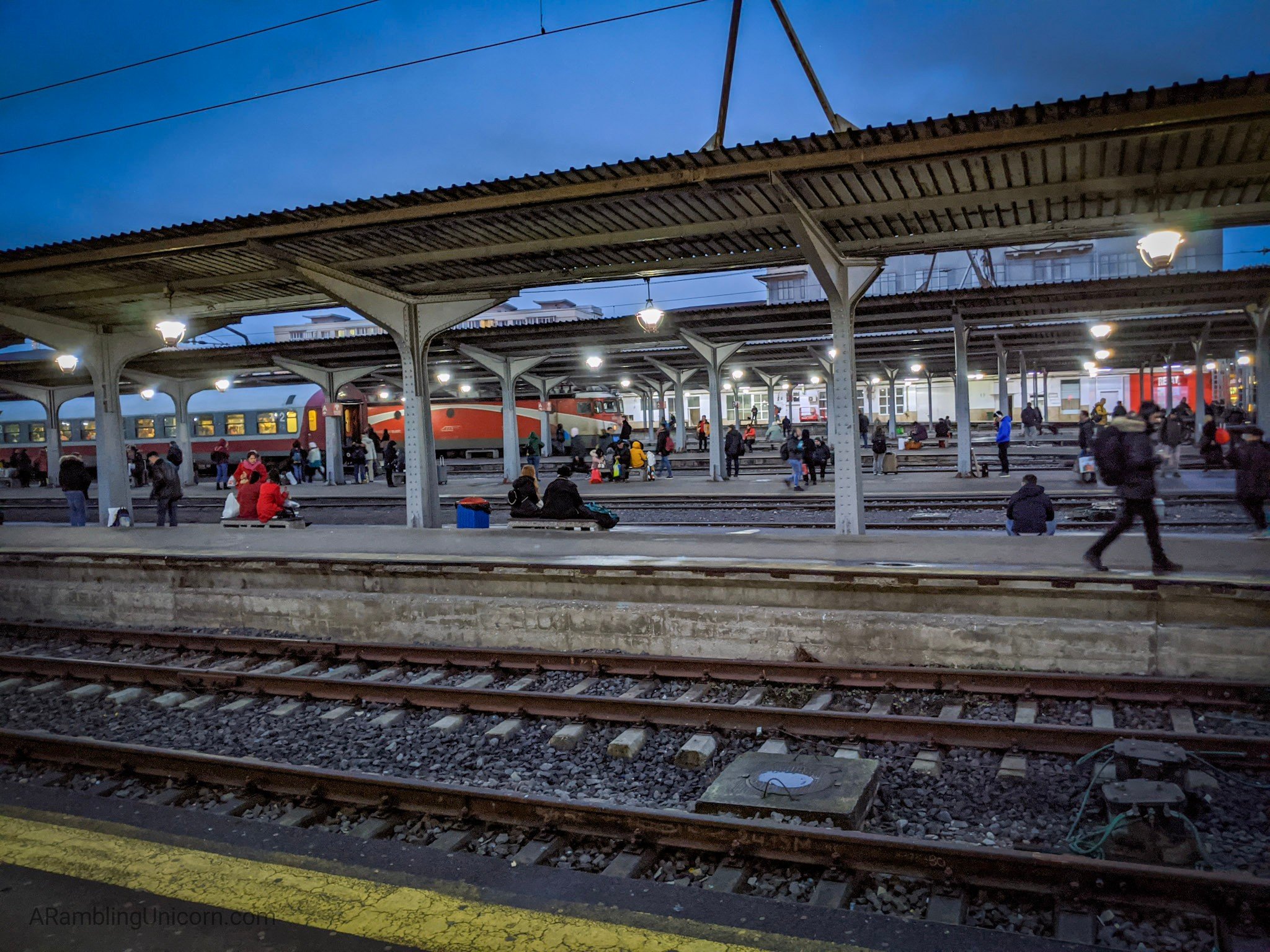

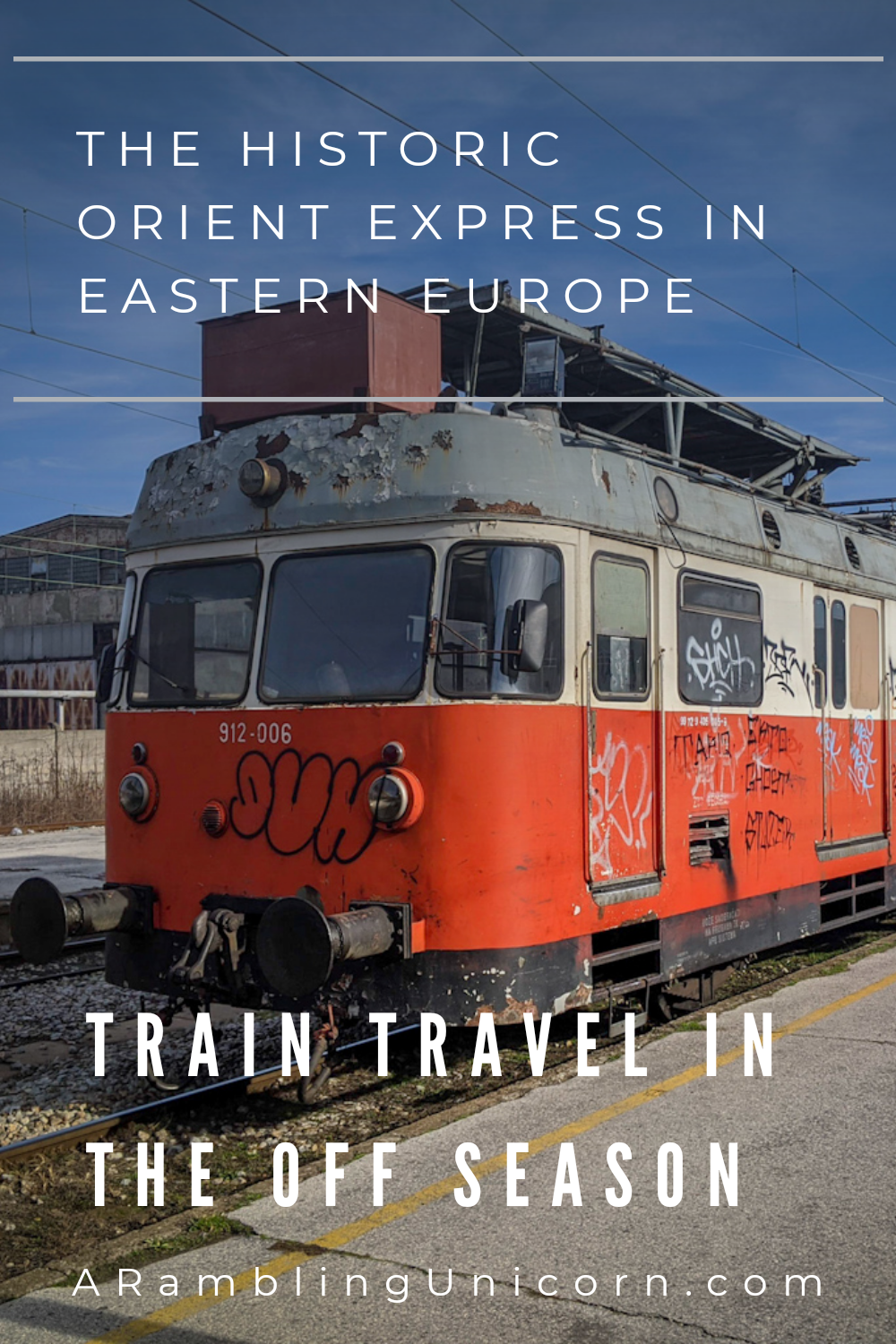

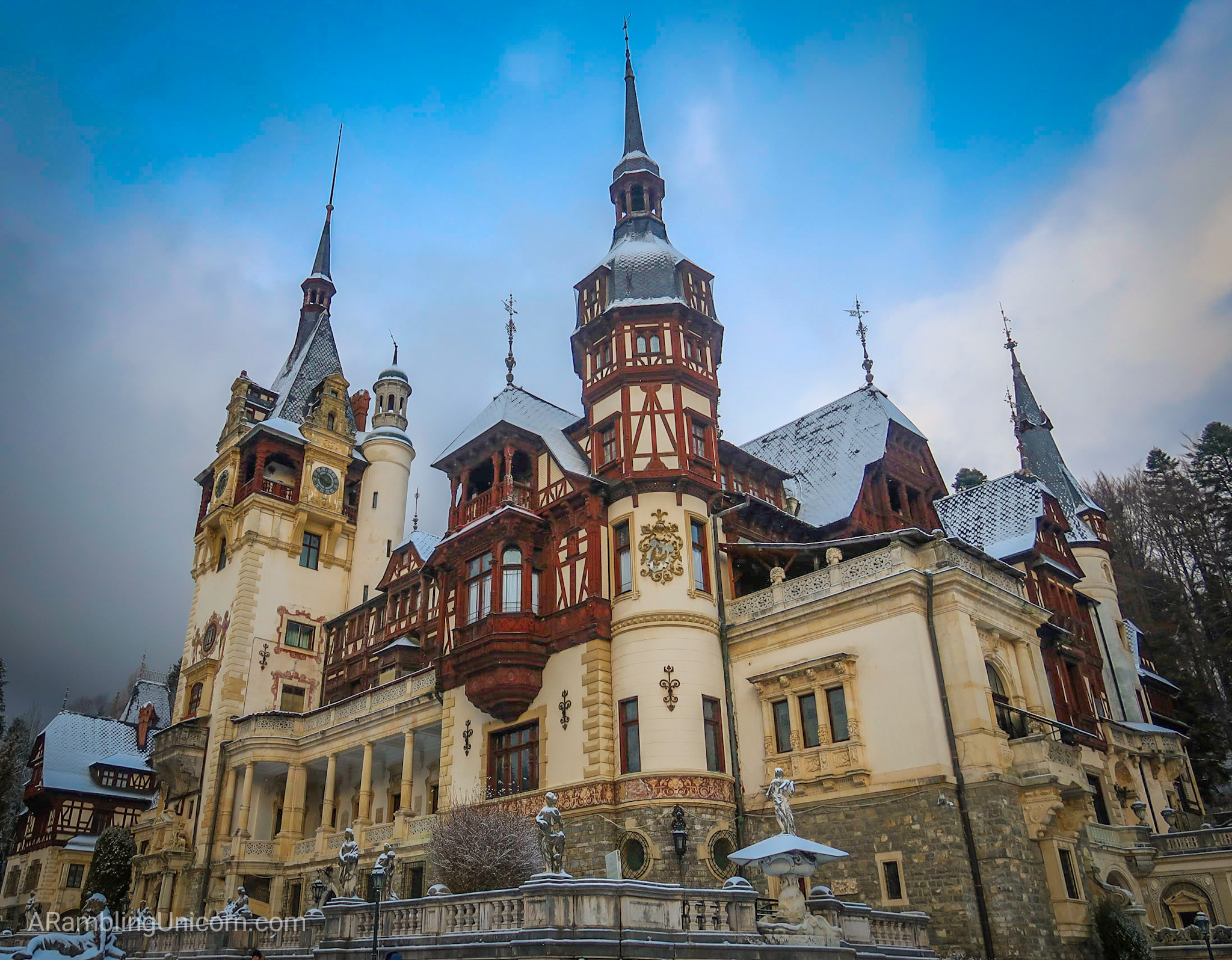
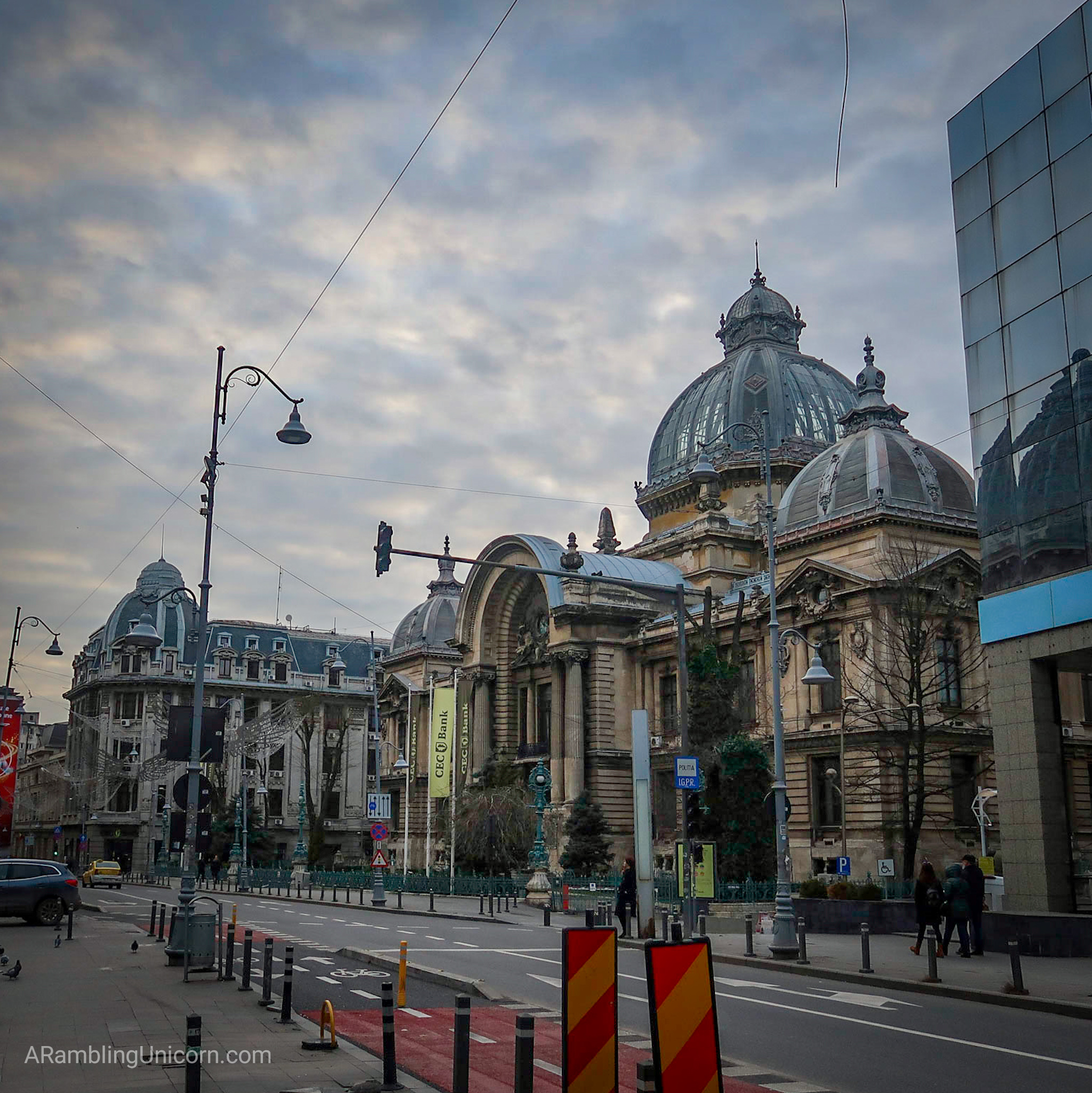

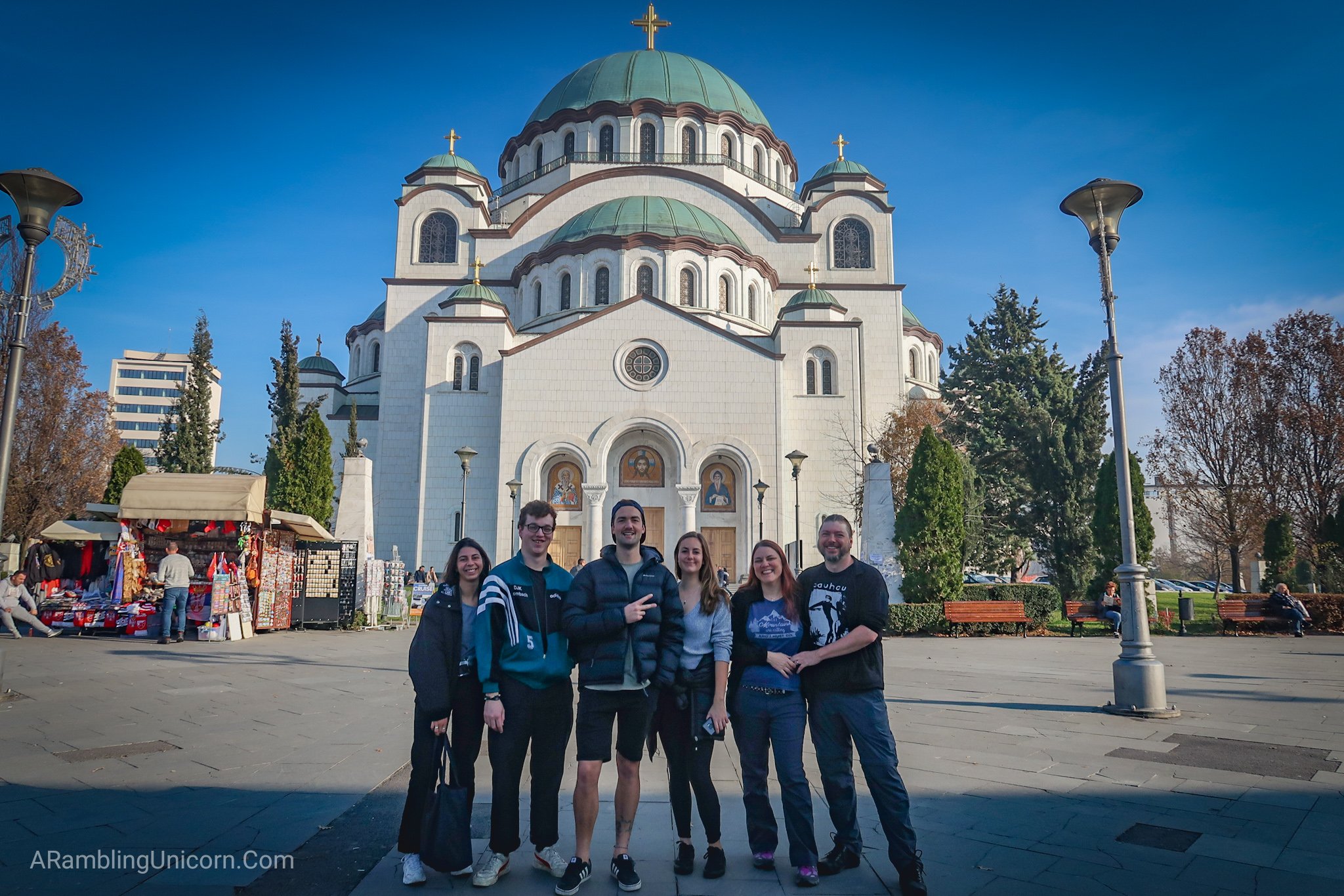
What a fantastic adventure! I would love to do this. I really enjoyed your descriptions and all of your pictures and videos! Thank you so much for sharing!
Thanks Nicole! I’m glad you enjoyed it ☺ï¸
This looks amazing. I love long-distance train travel too and the Orient Express route has been on my bucket list for a long time.
I love slow travel but this seemed really slow, hehe. Nevertheless, it seemed like an interesting trip. I did Eurail in my 20s and considering doing it again. I’d really want to do Eastern Europe.
Thanks Anna! There are definitely more rail options in the summer in Eastern Europe than in the off season if you want to go a little faster 😉
What an experience! I would love to do this someday.
I love this! I had no idea Agatha Christie was the one who popularized the Orient Express. This is definitely something I’ll have to add to my list 🙂
Thanks Becca!
I love traveling by train, and this looked like a fantastic journey.
Thanks Ruby!!! ☺ï¸